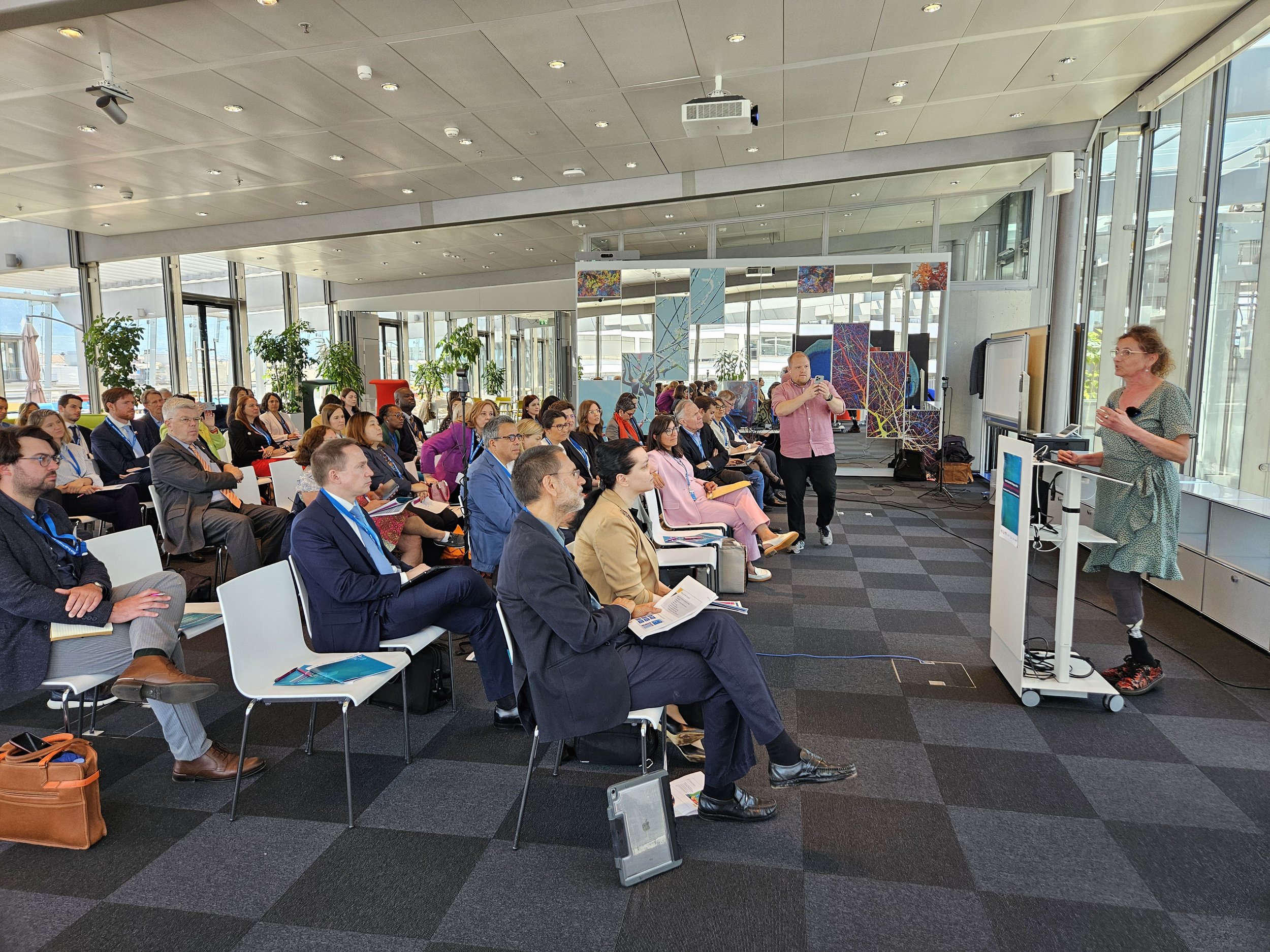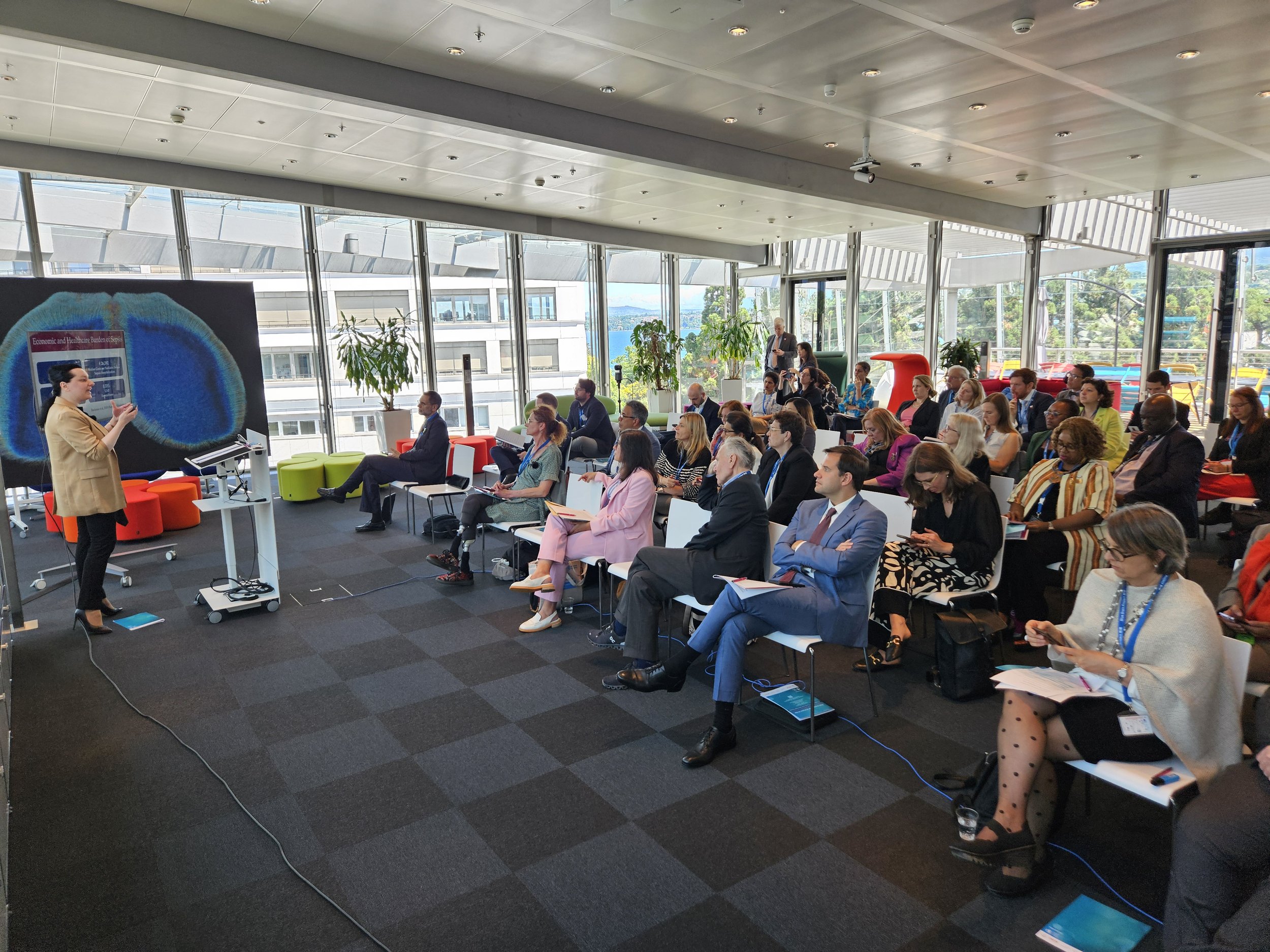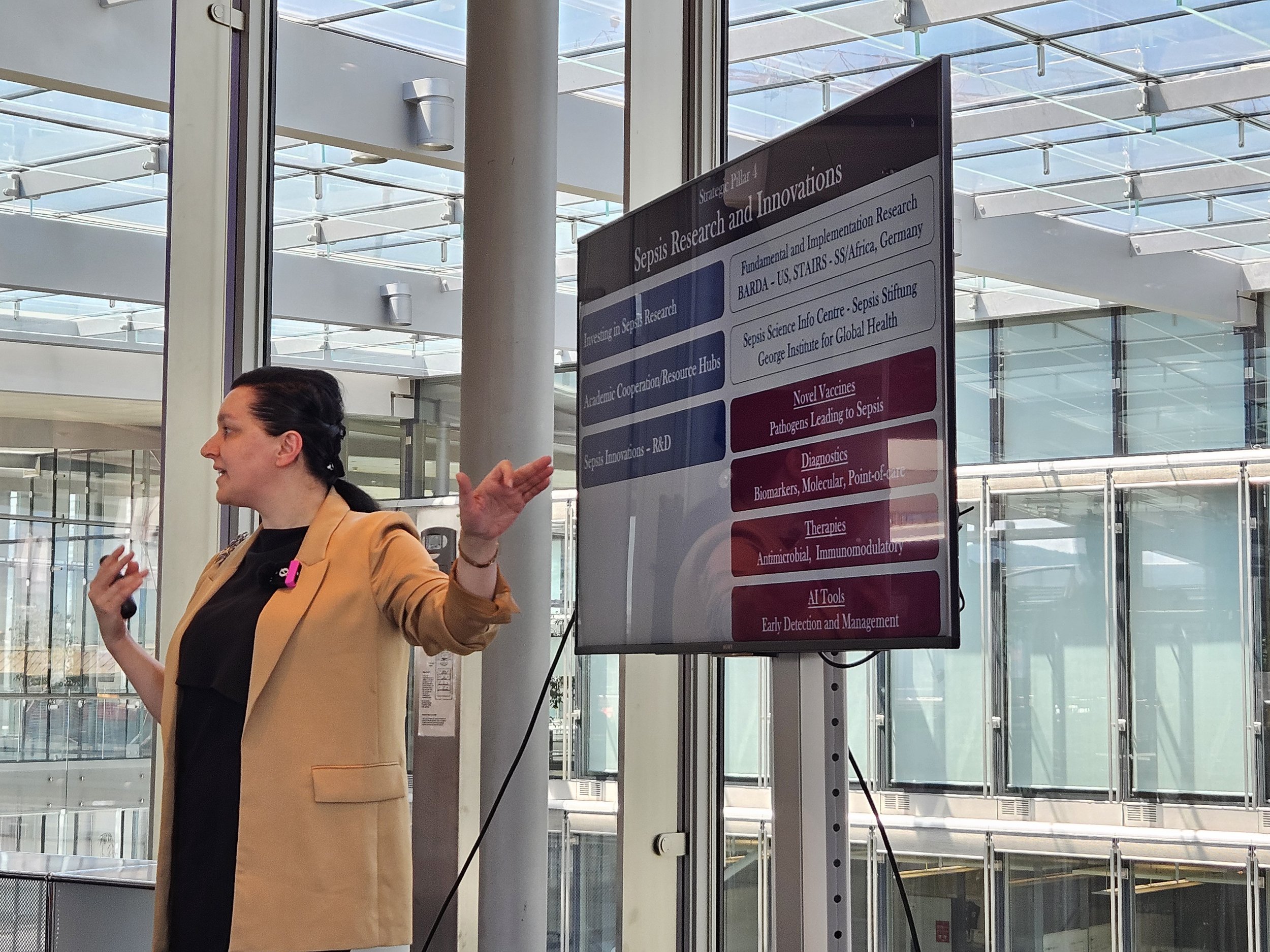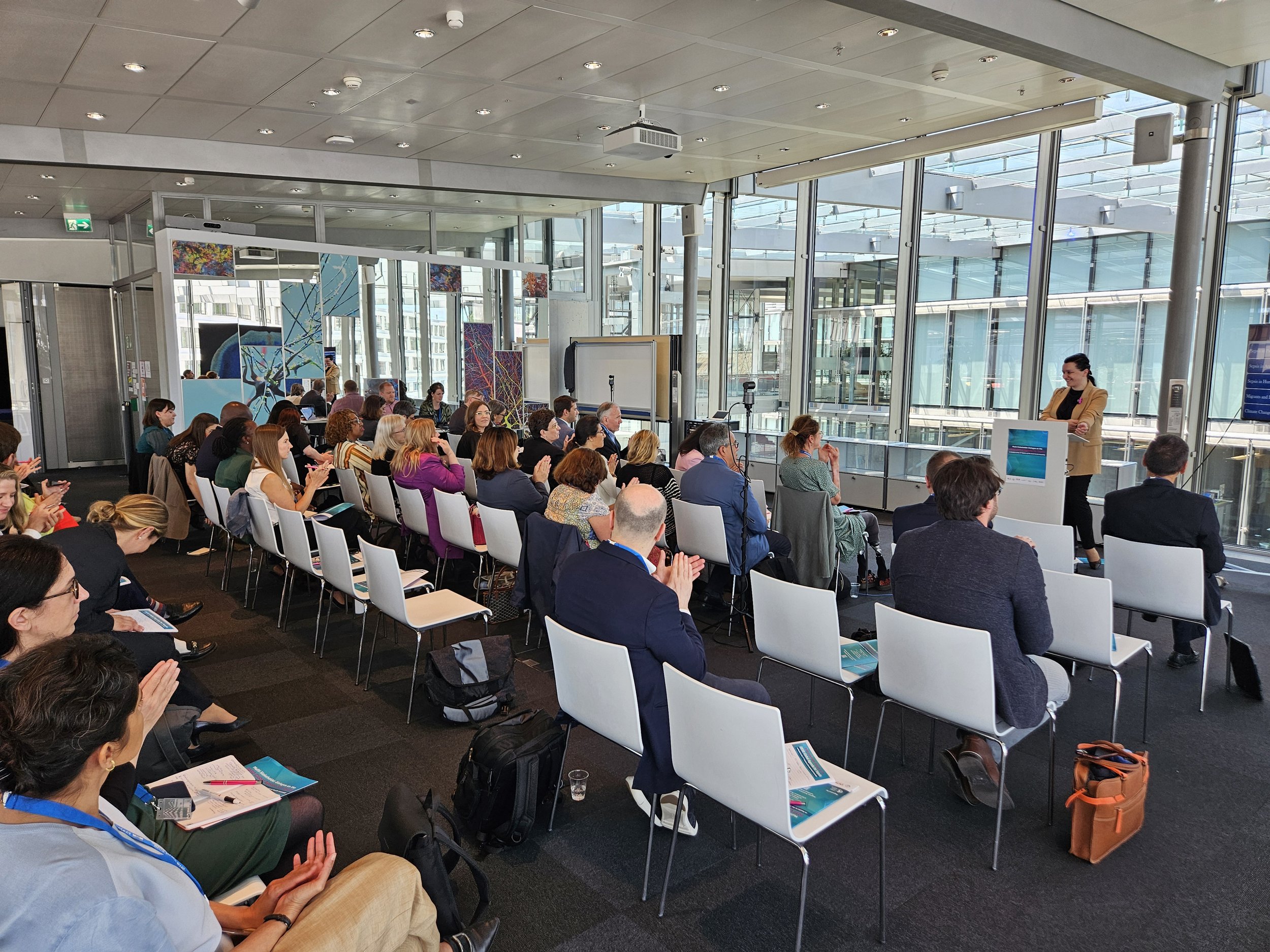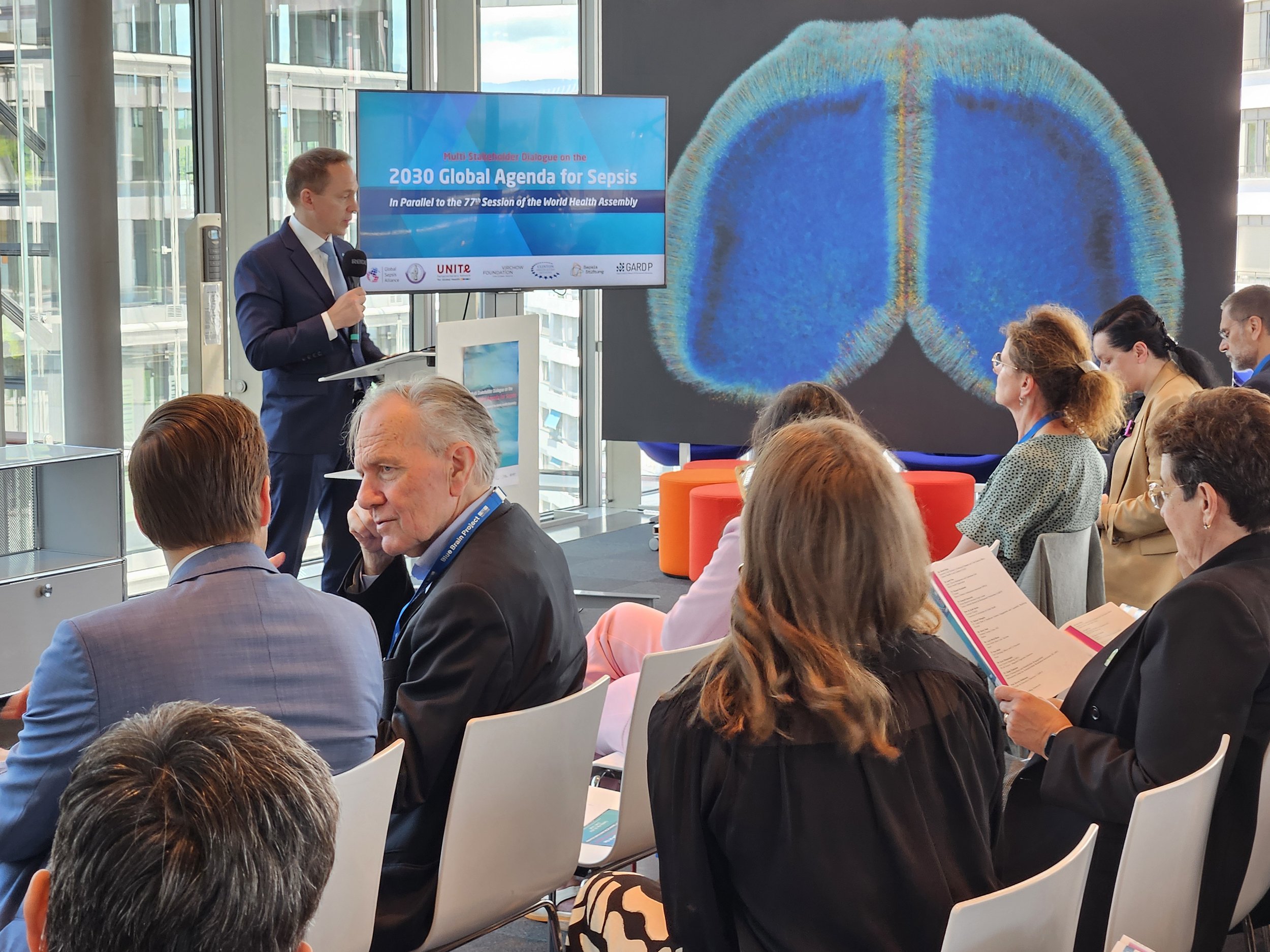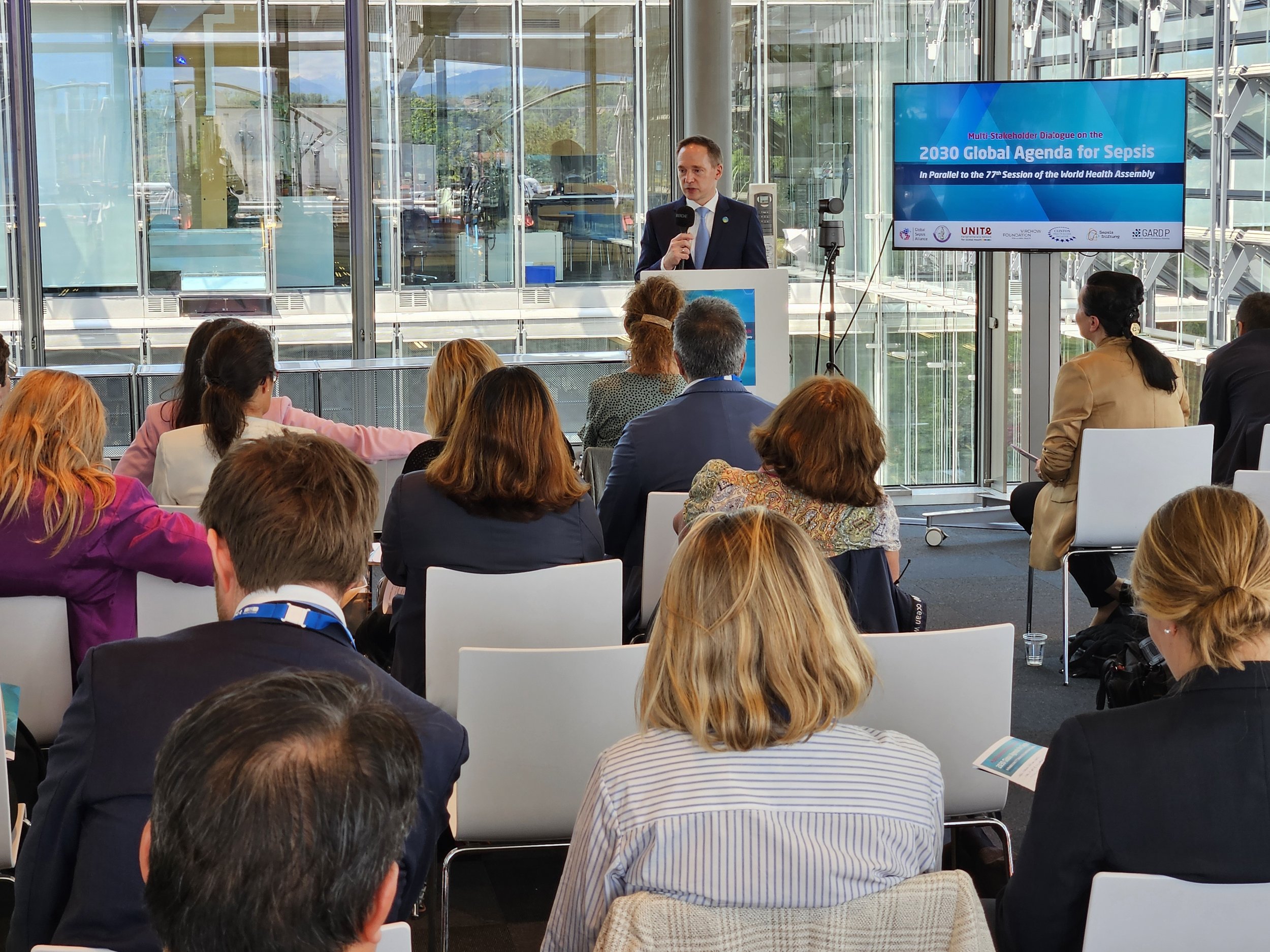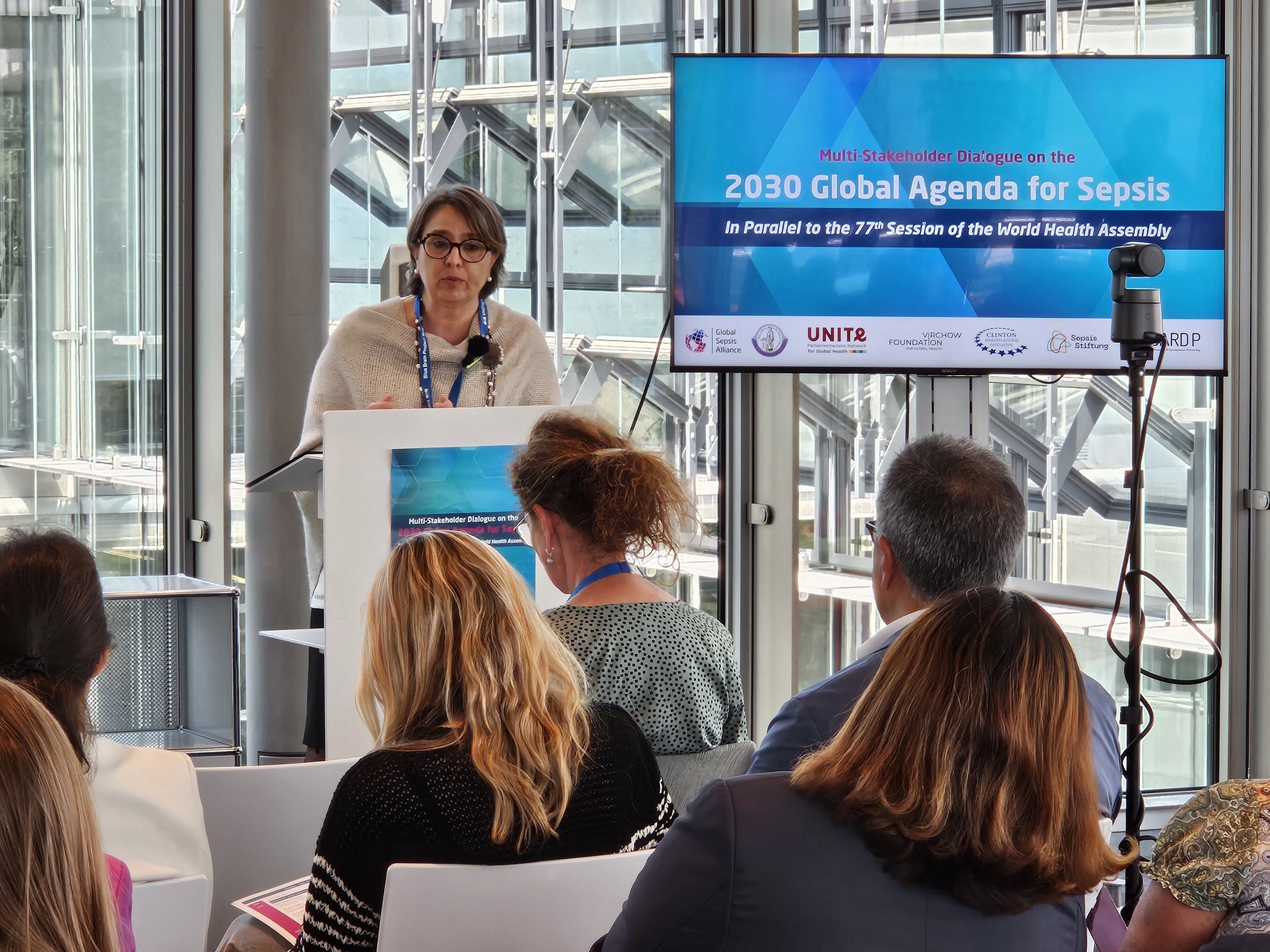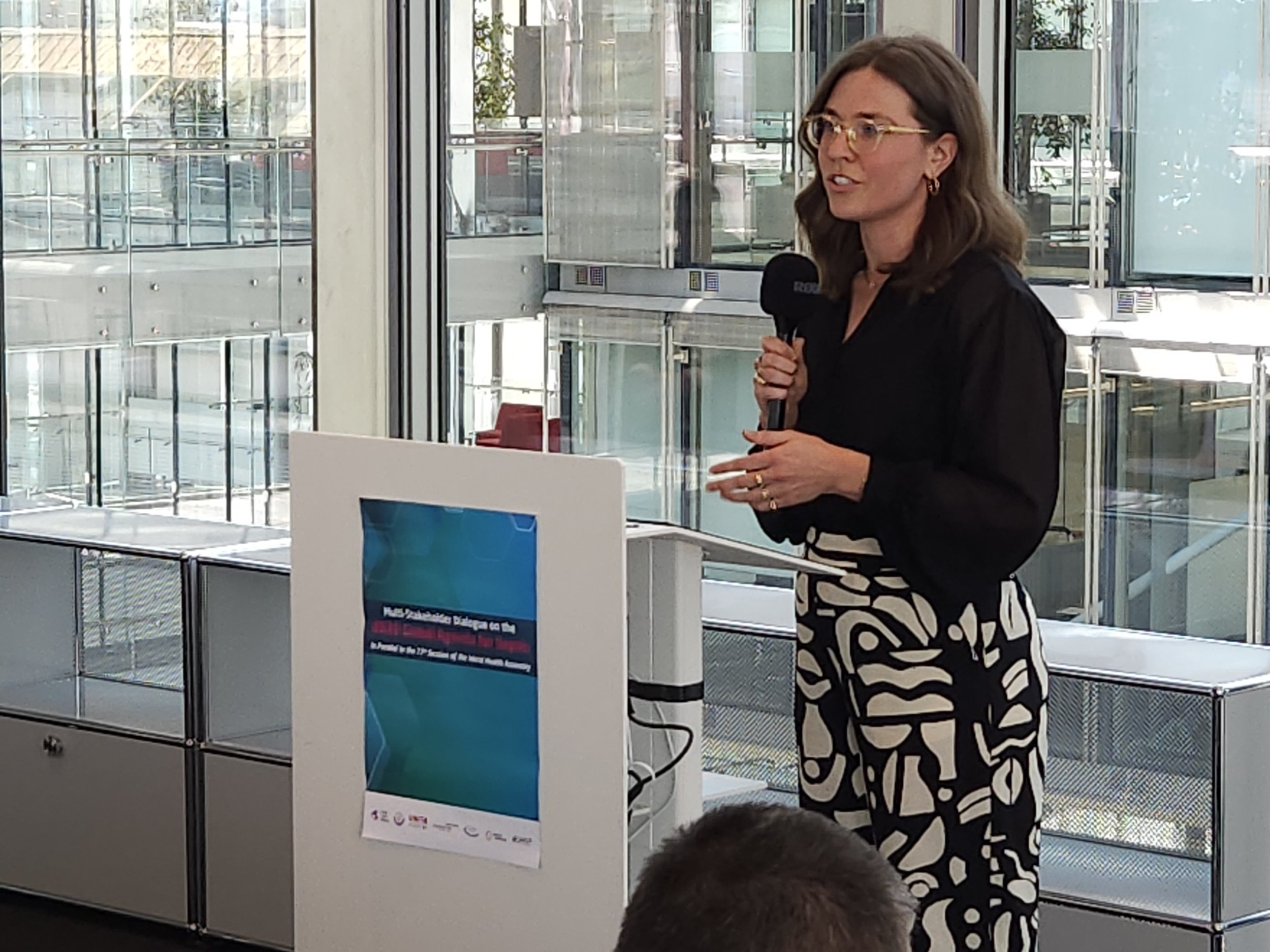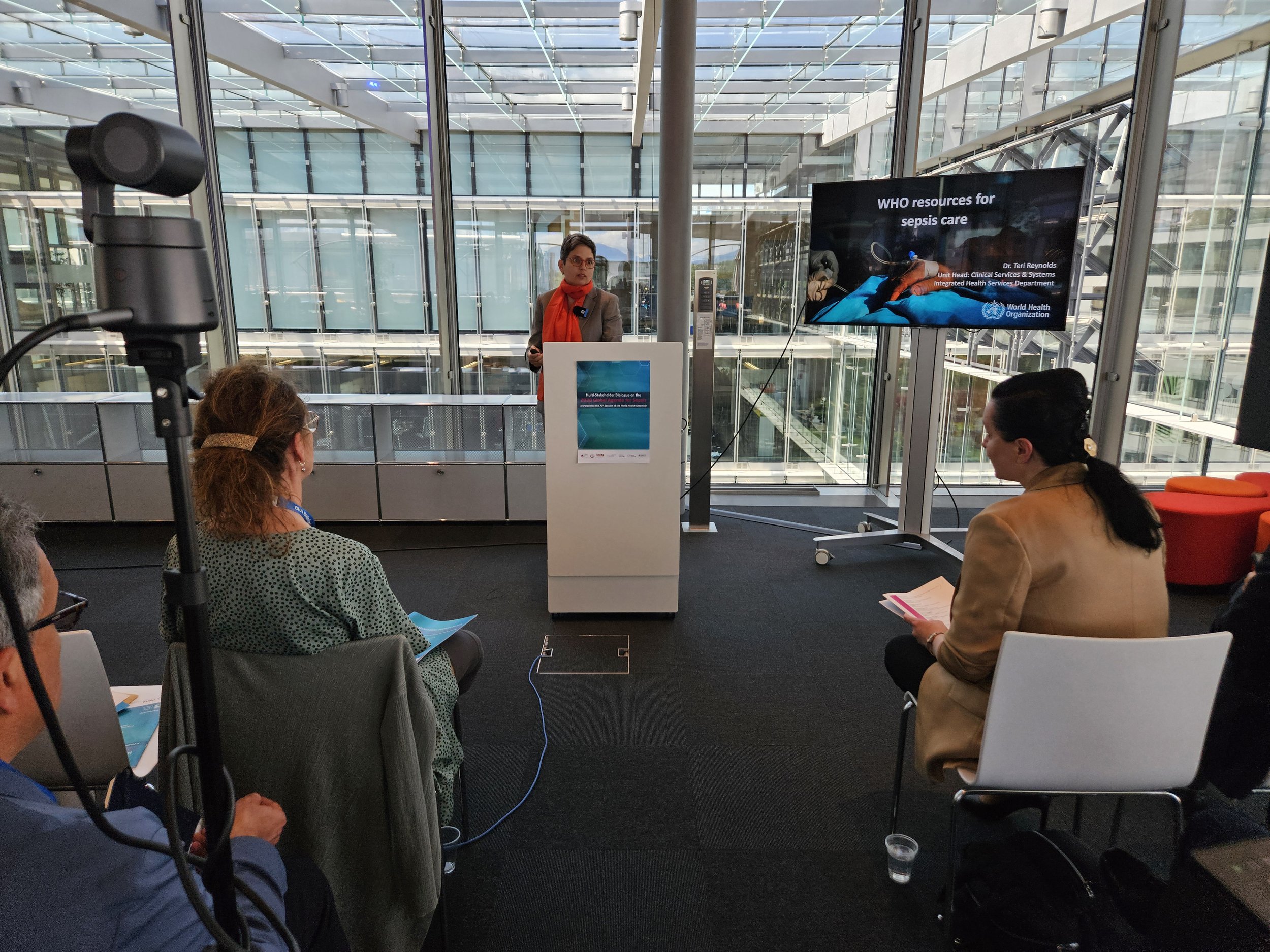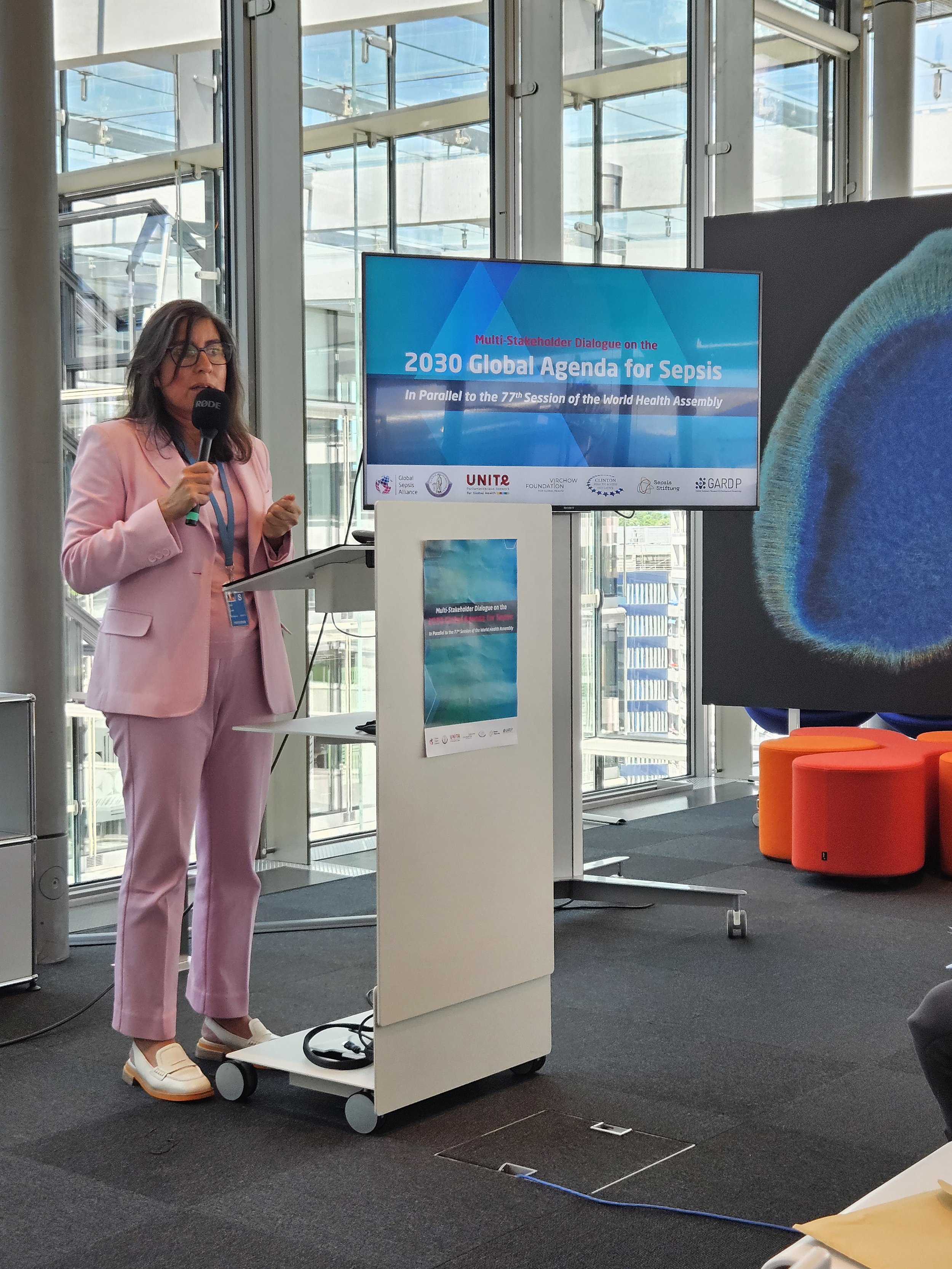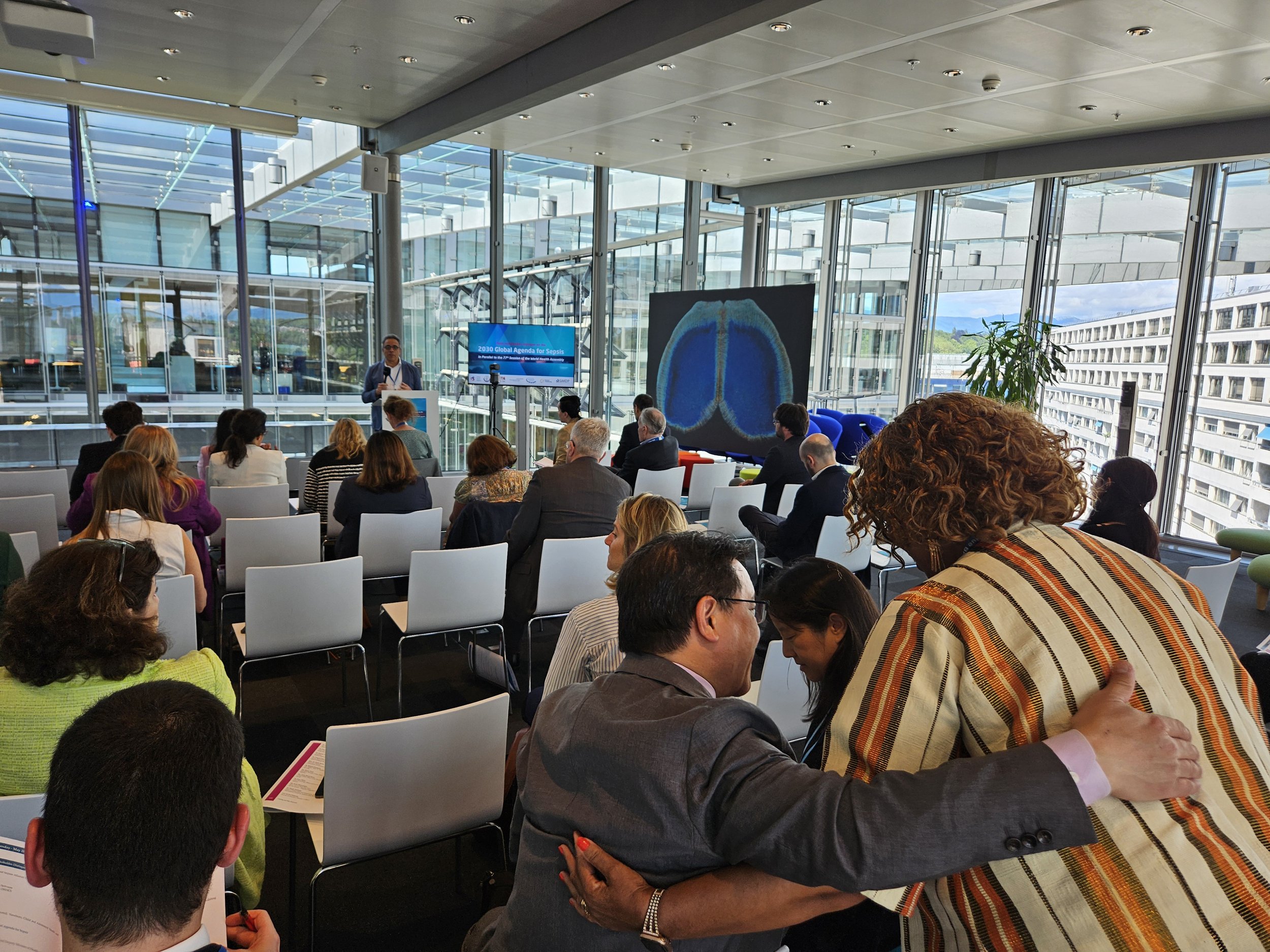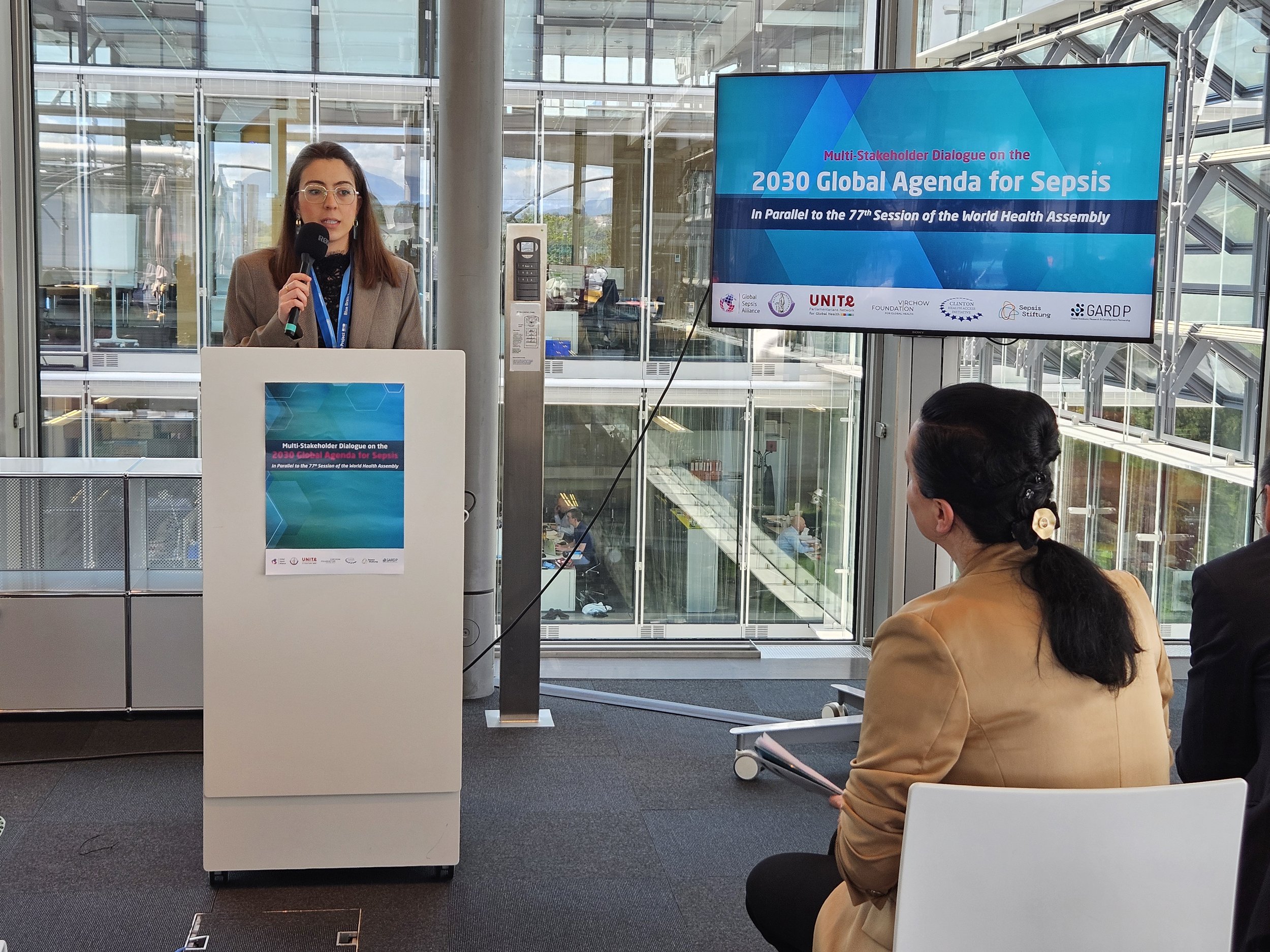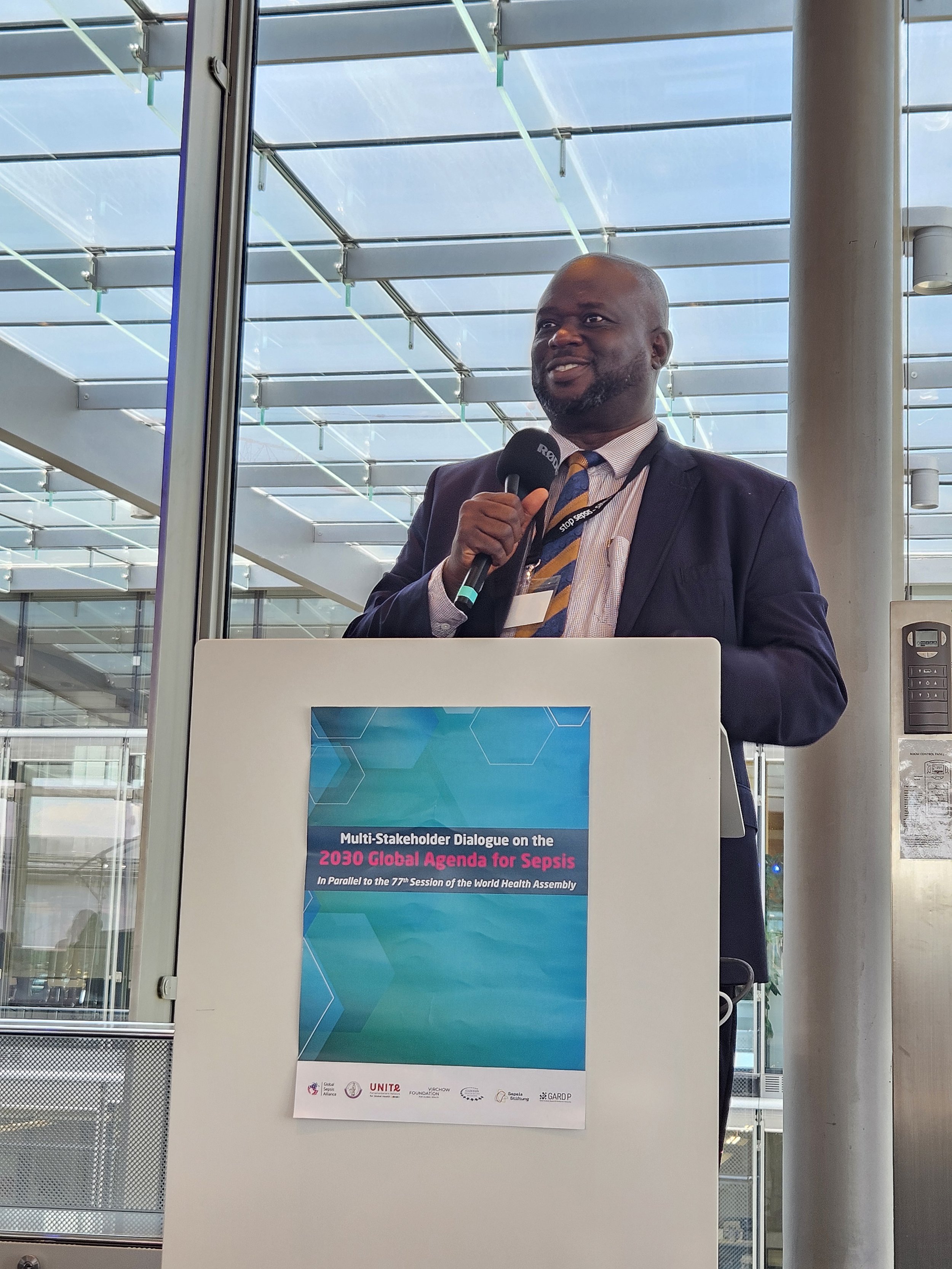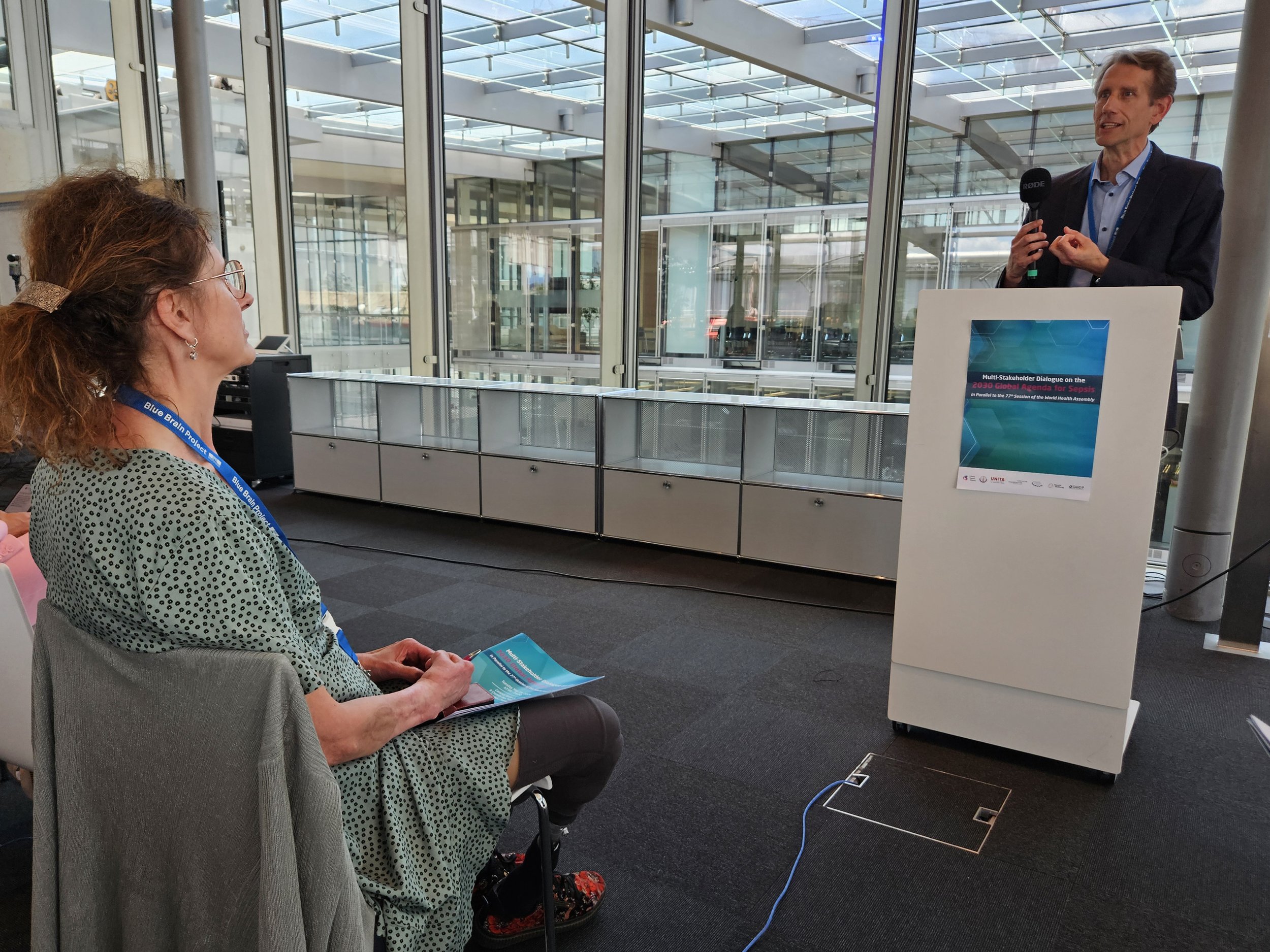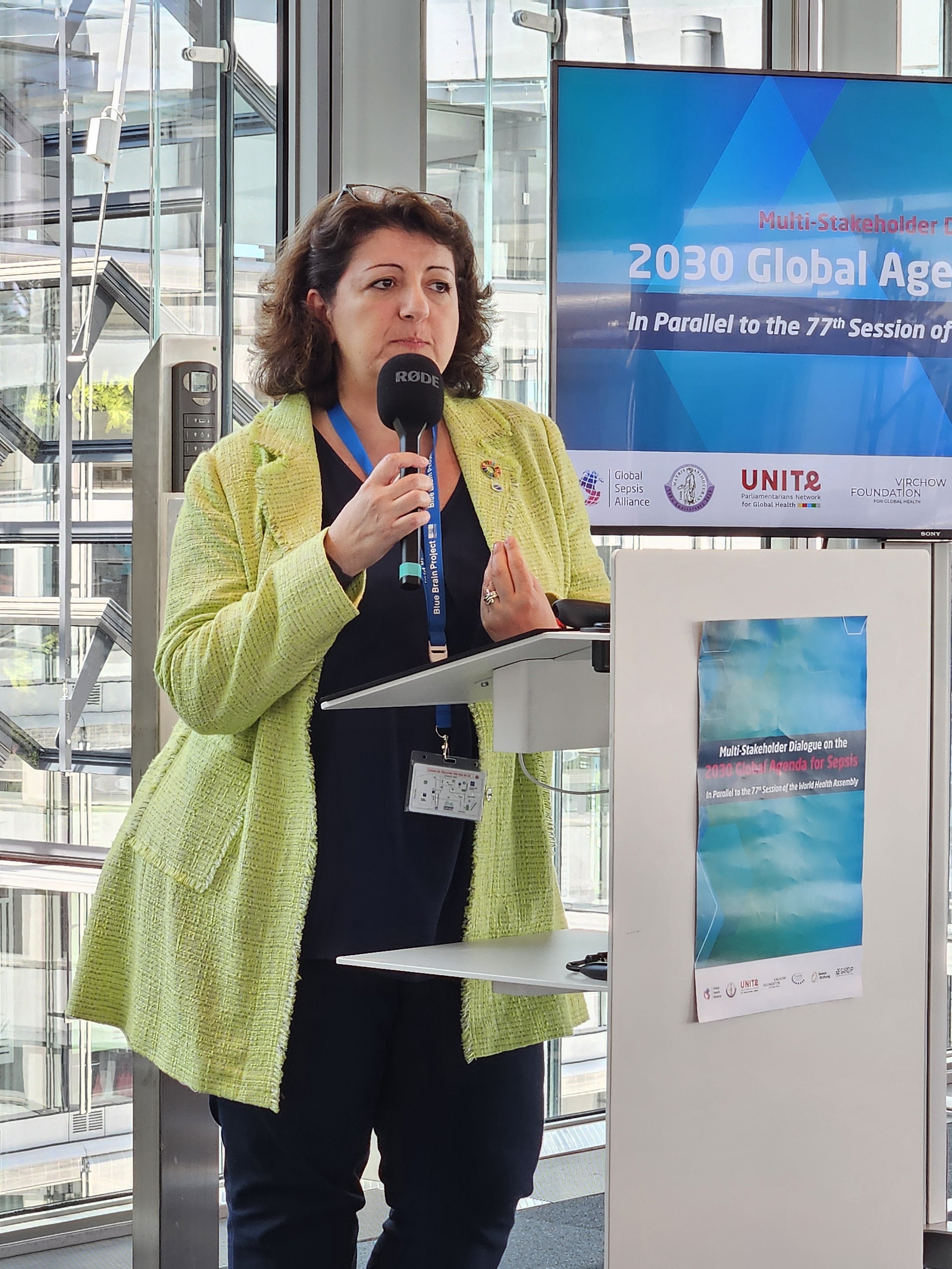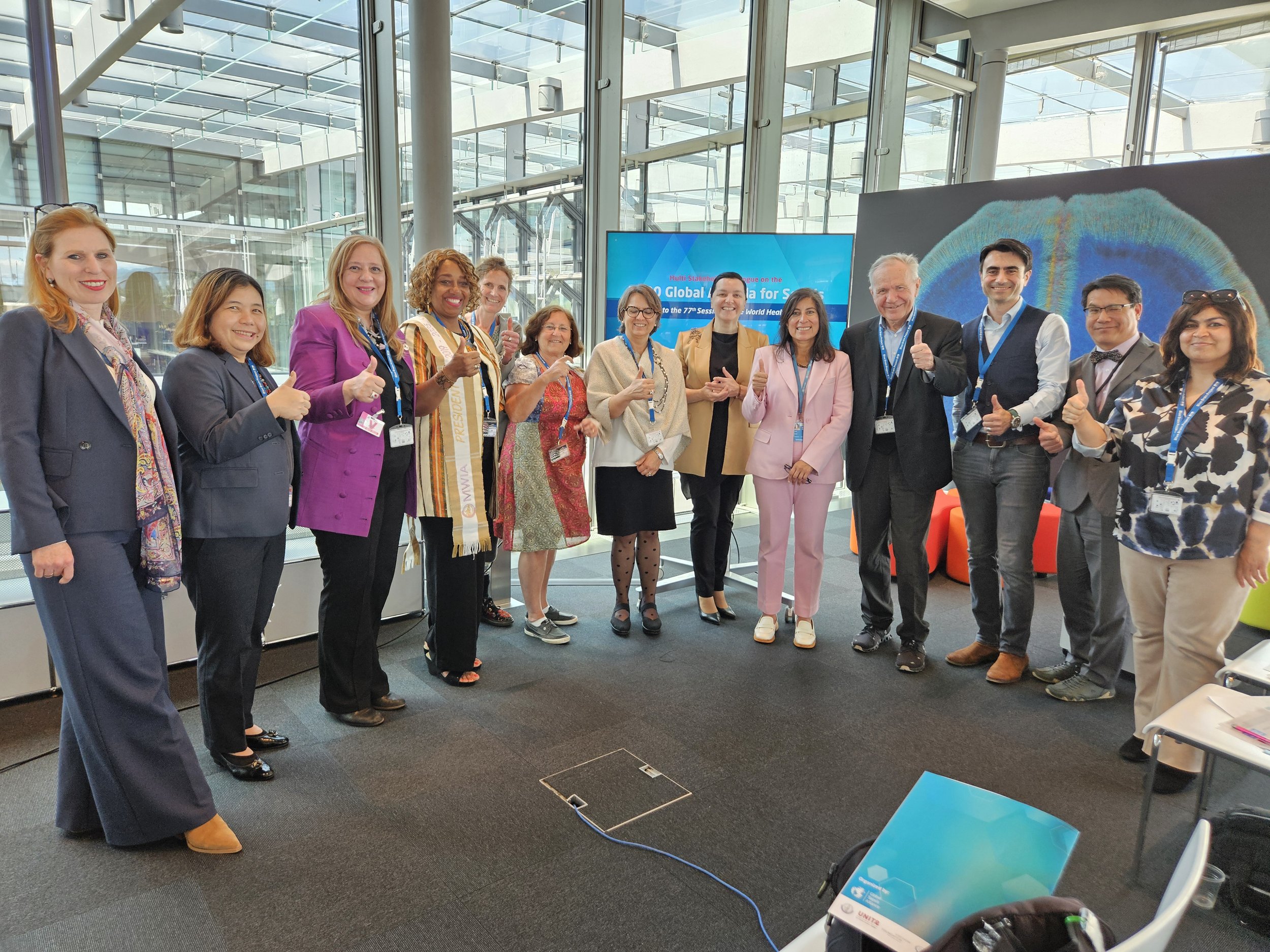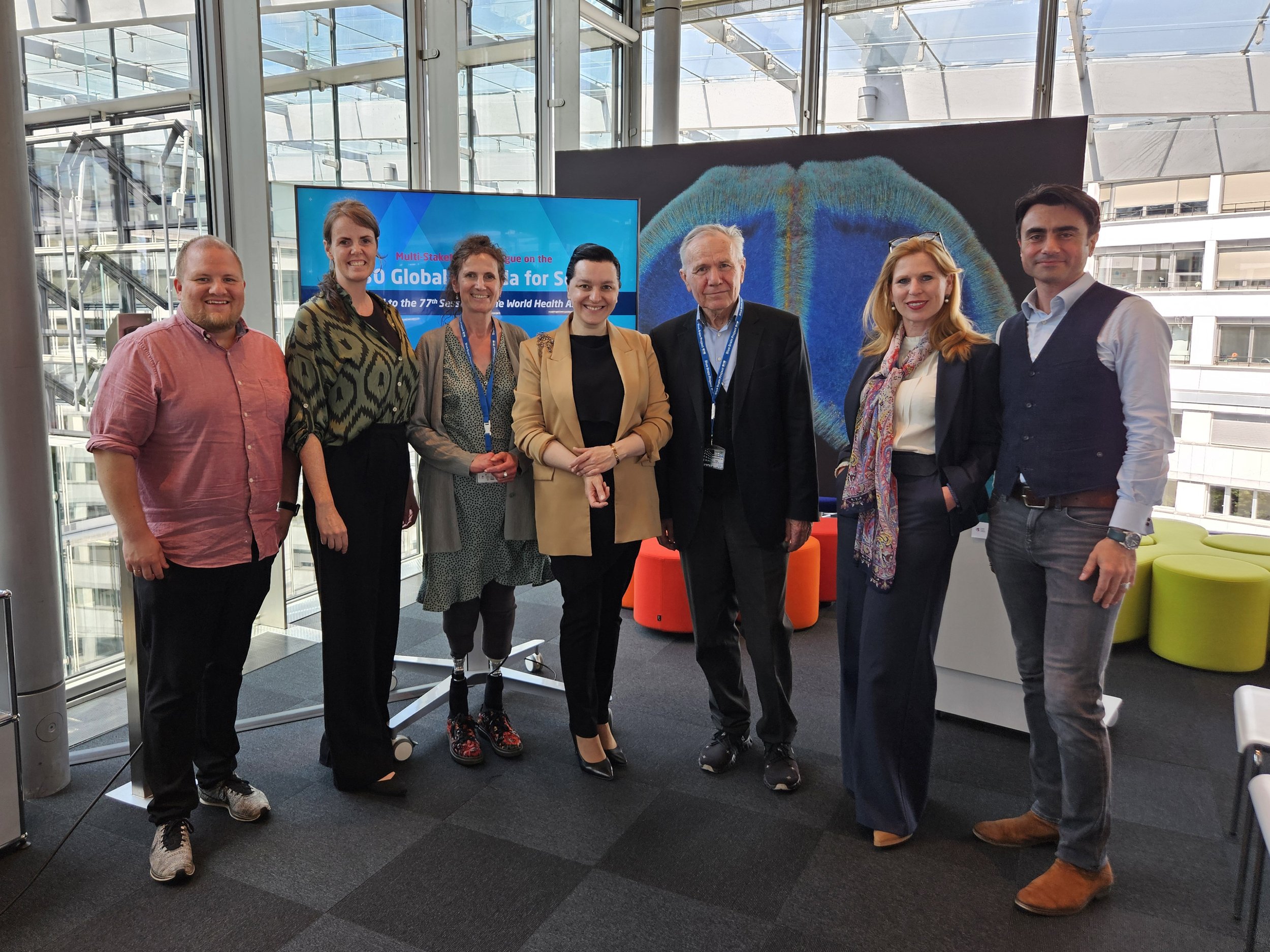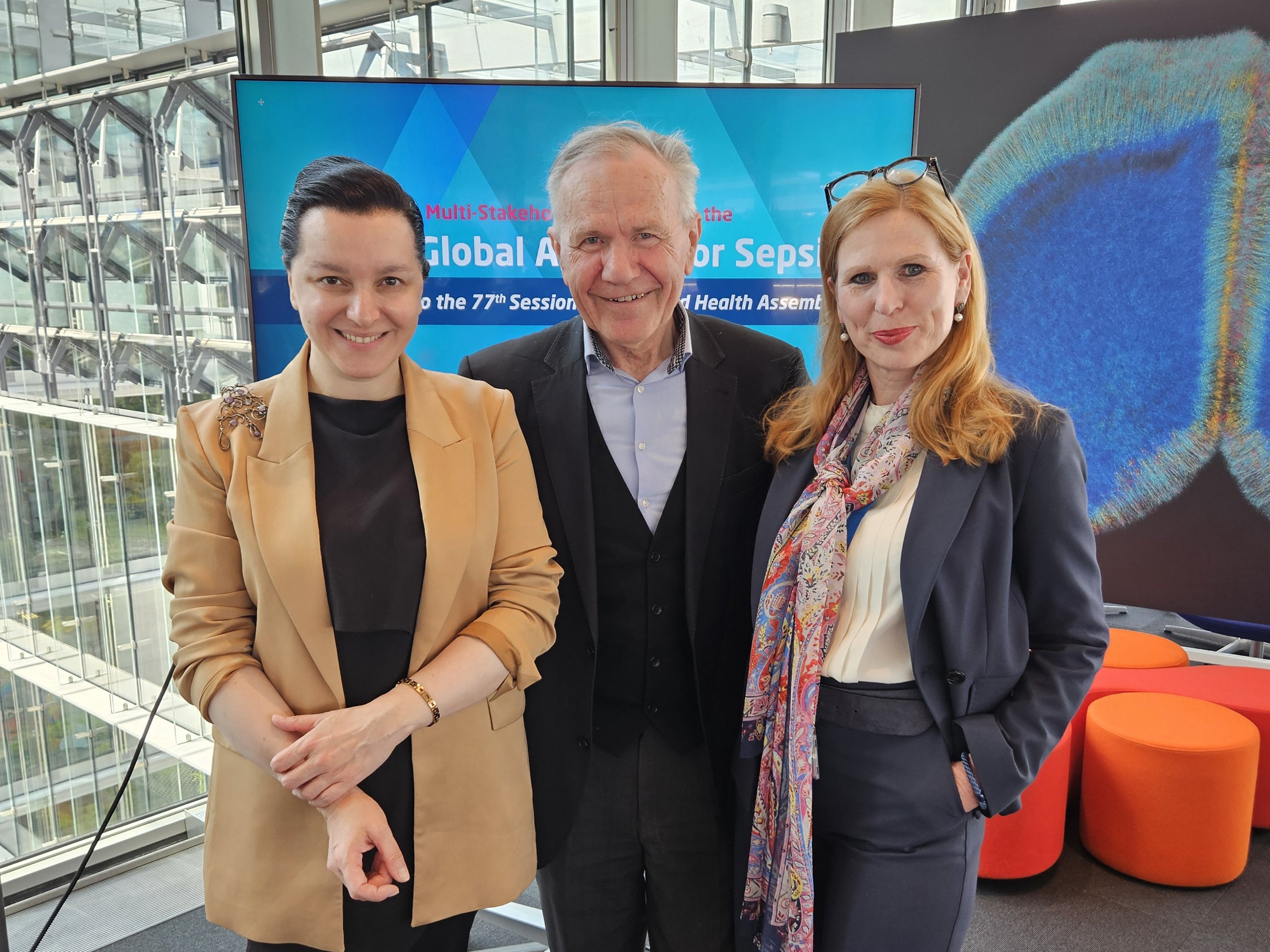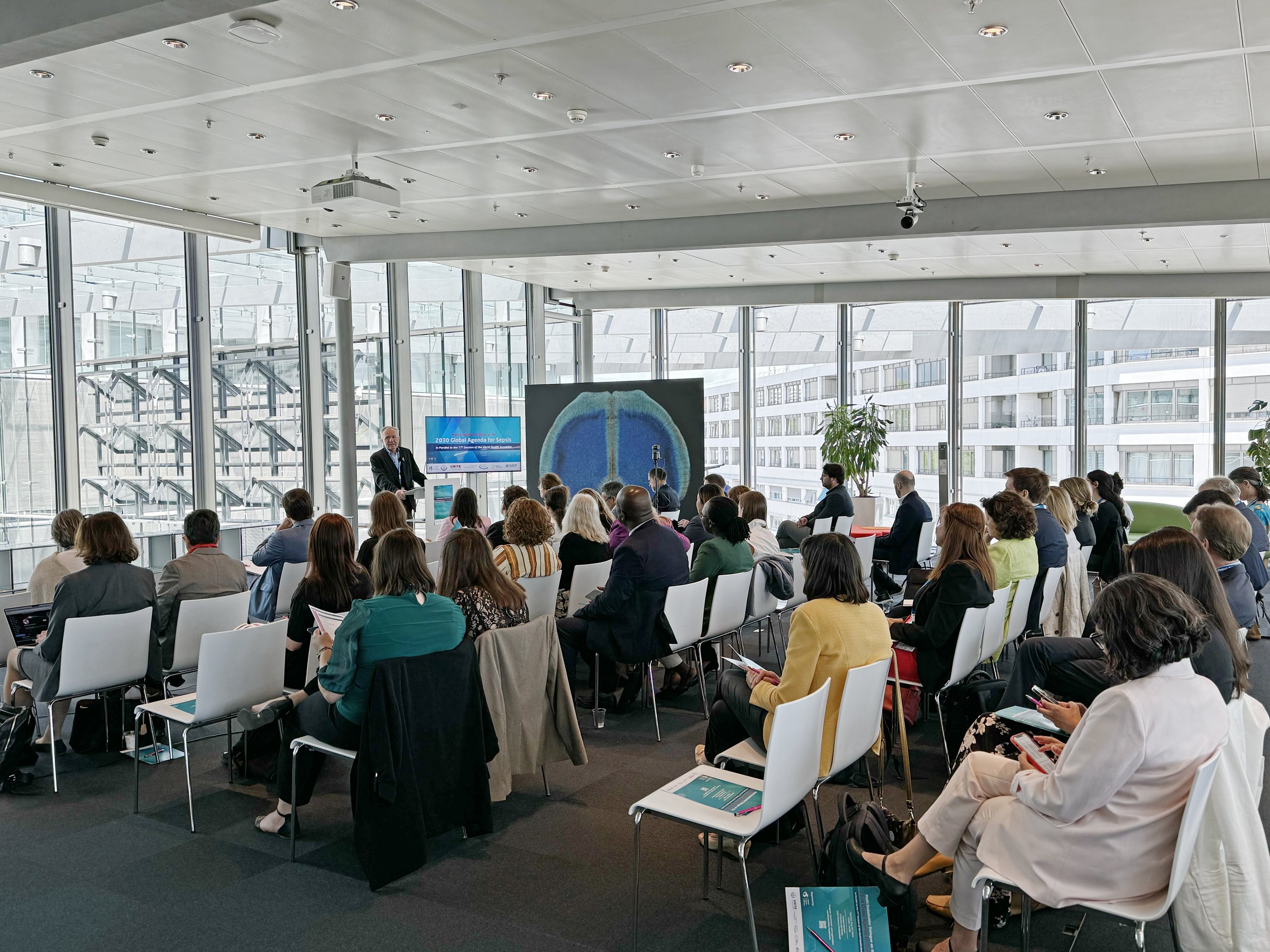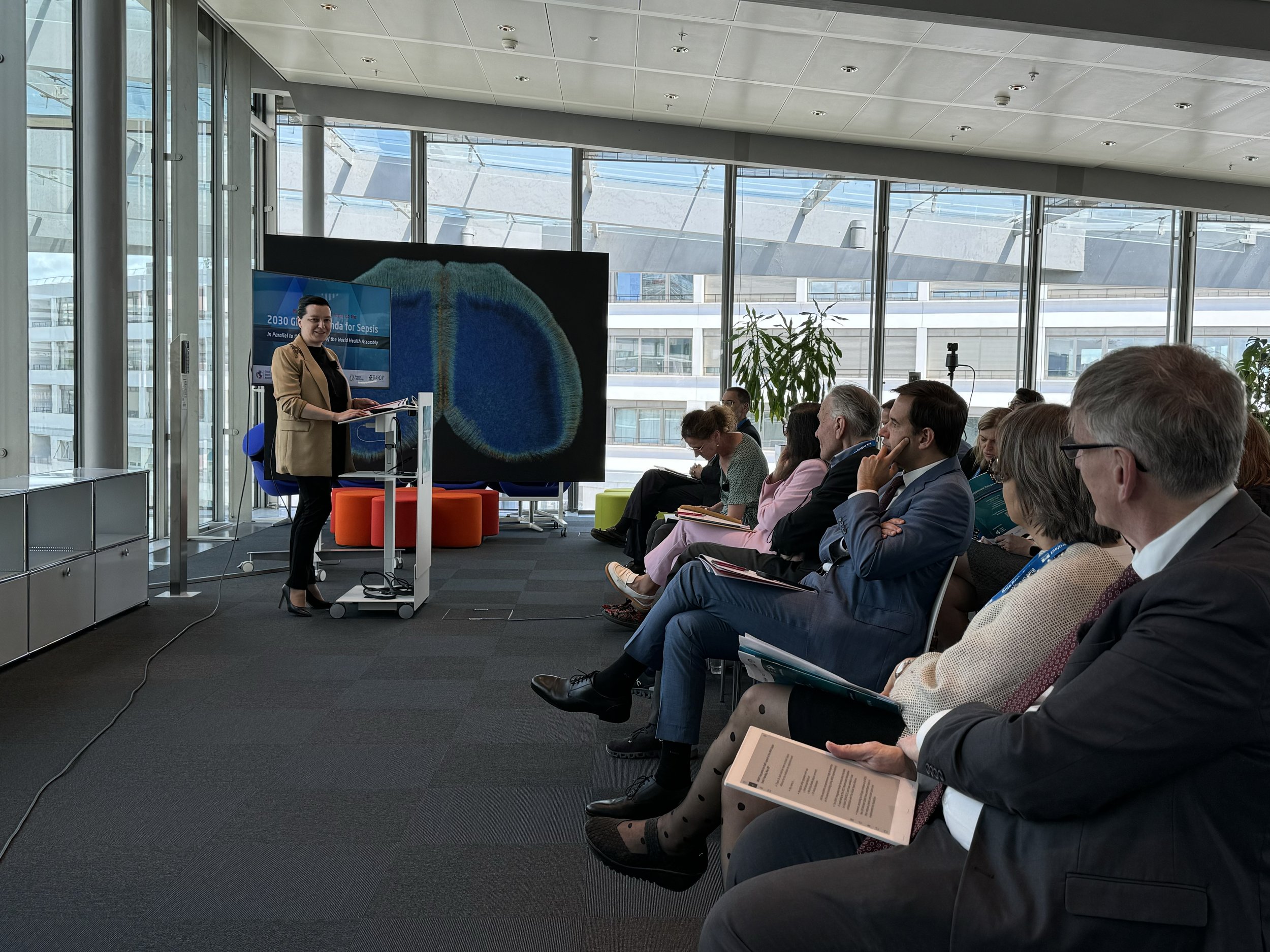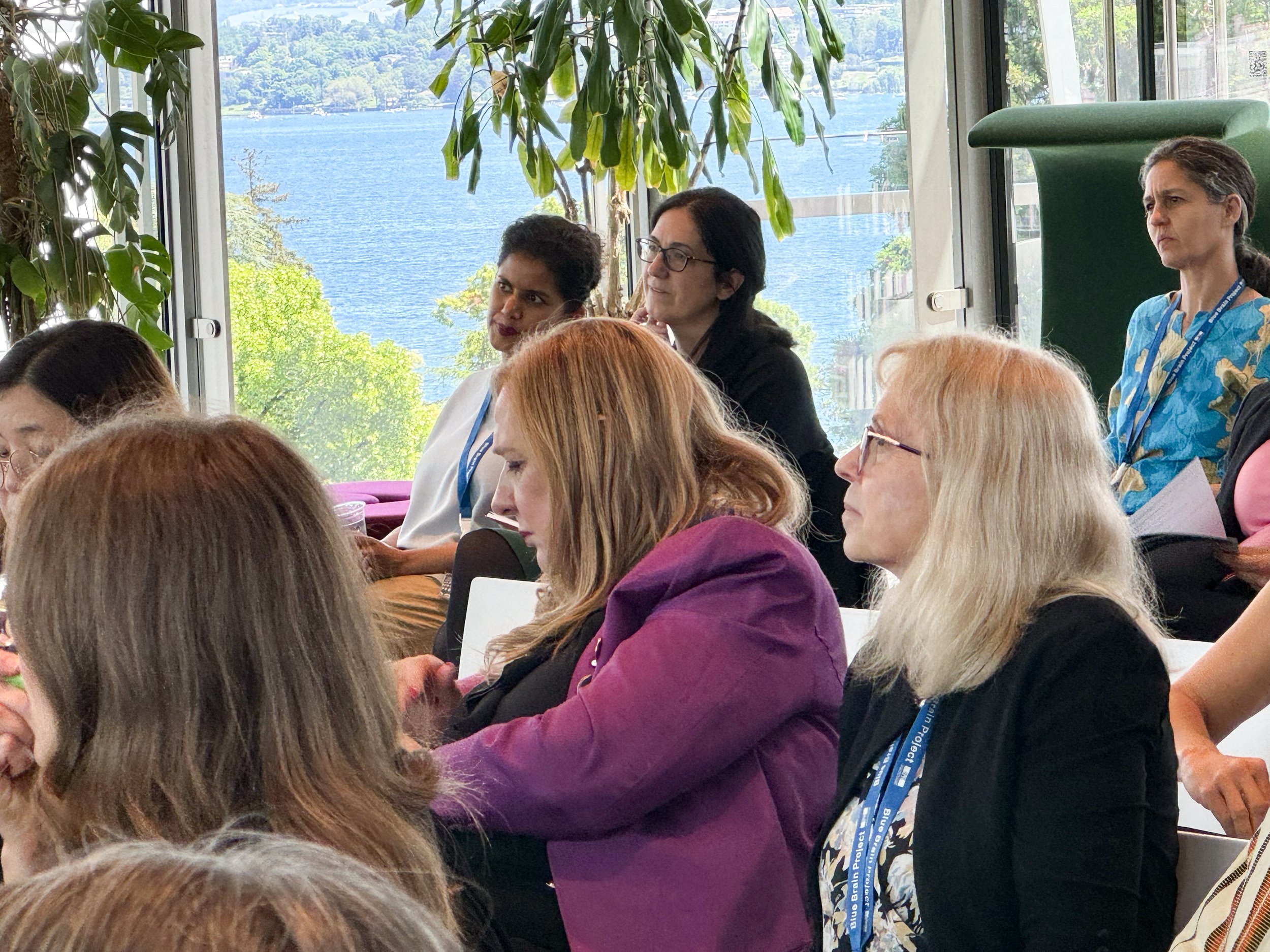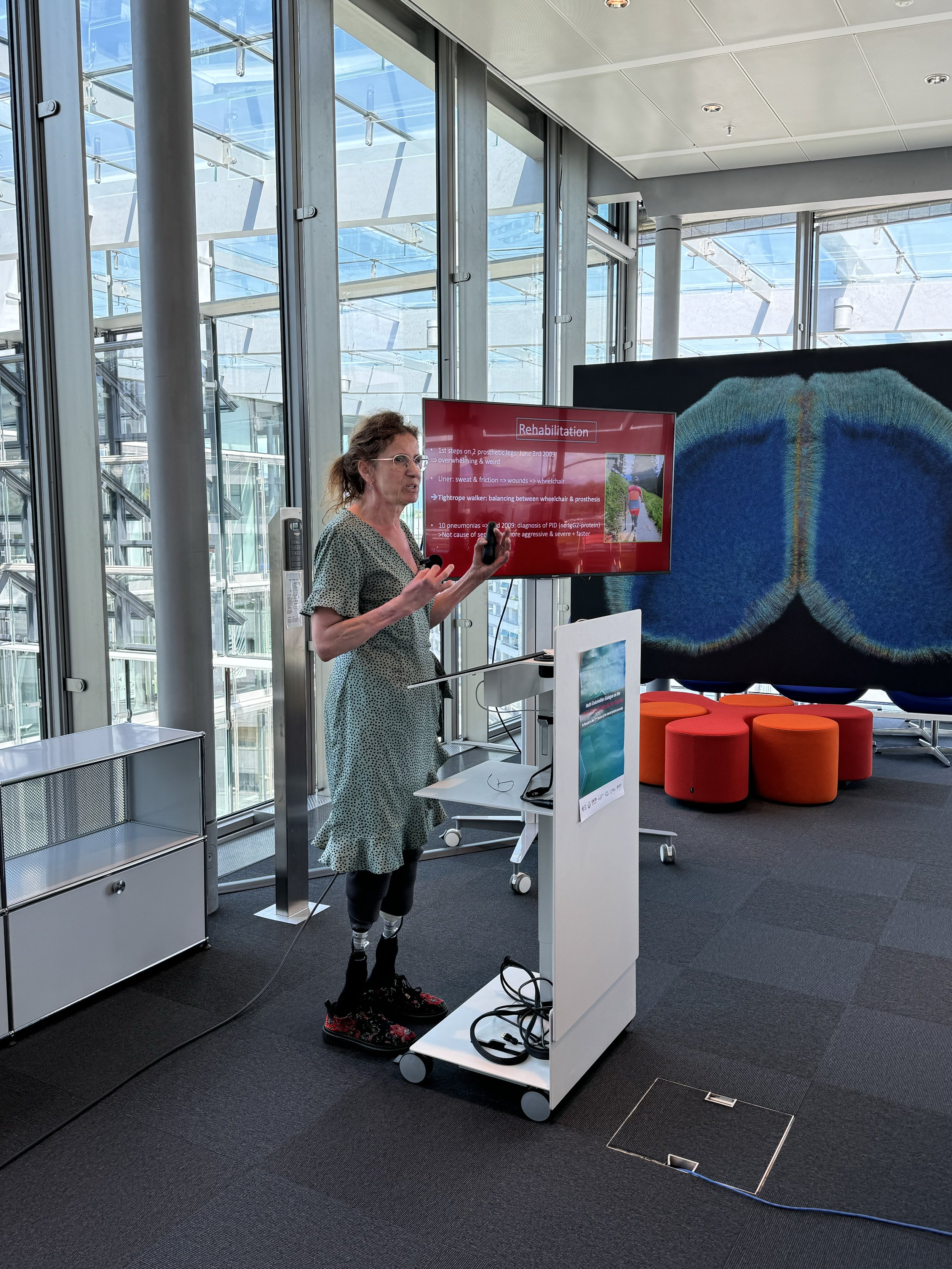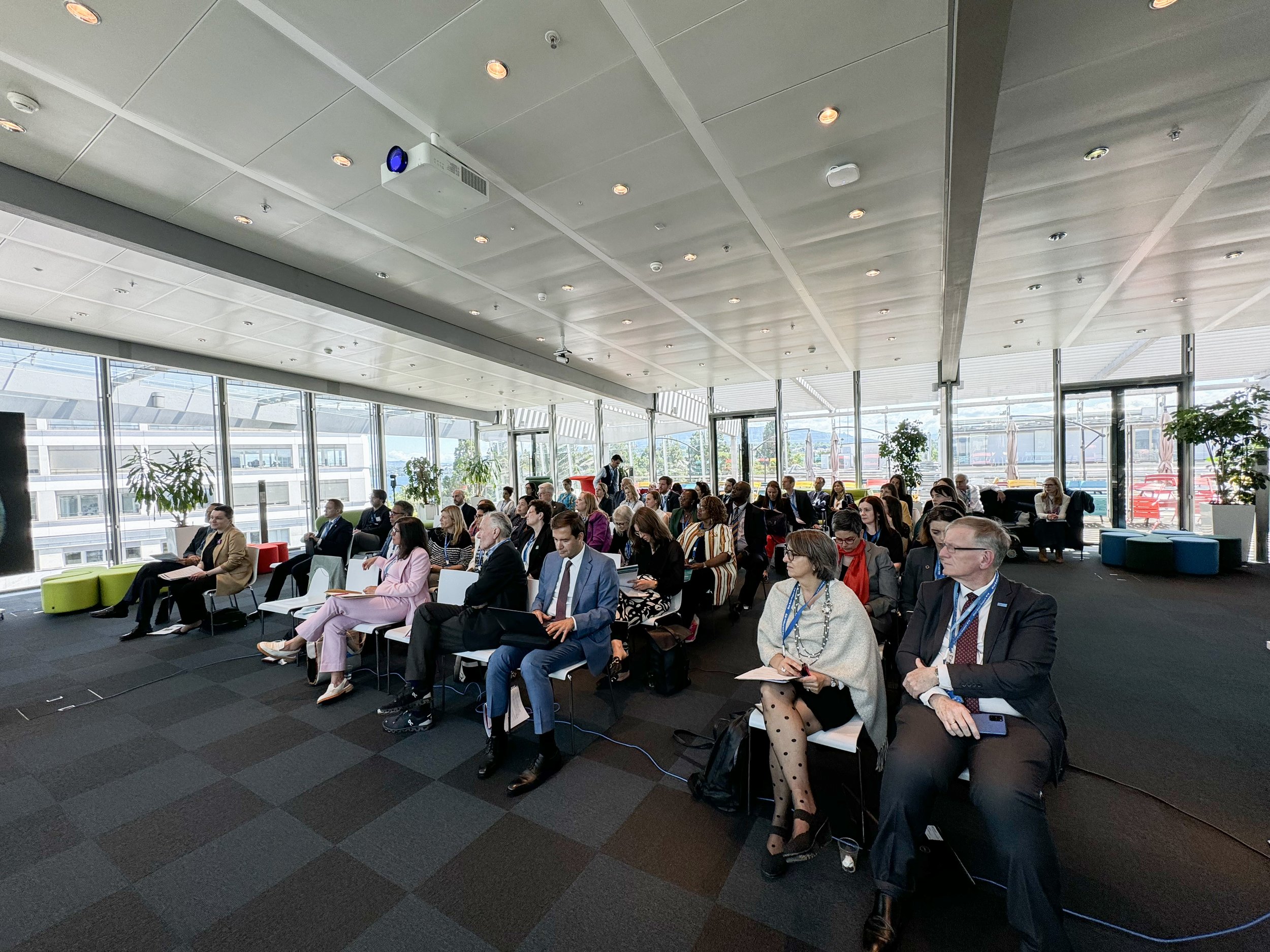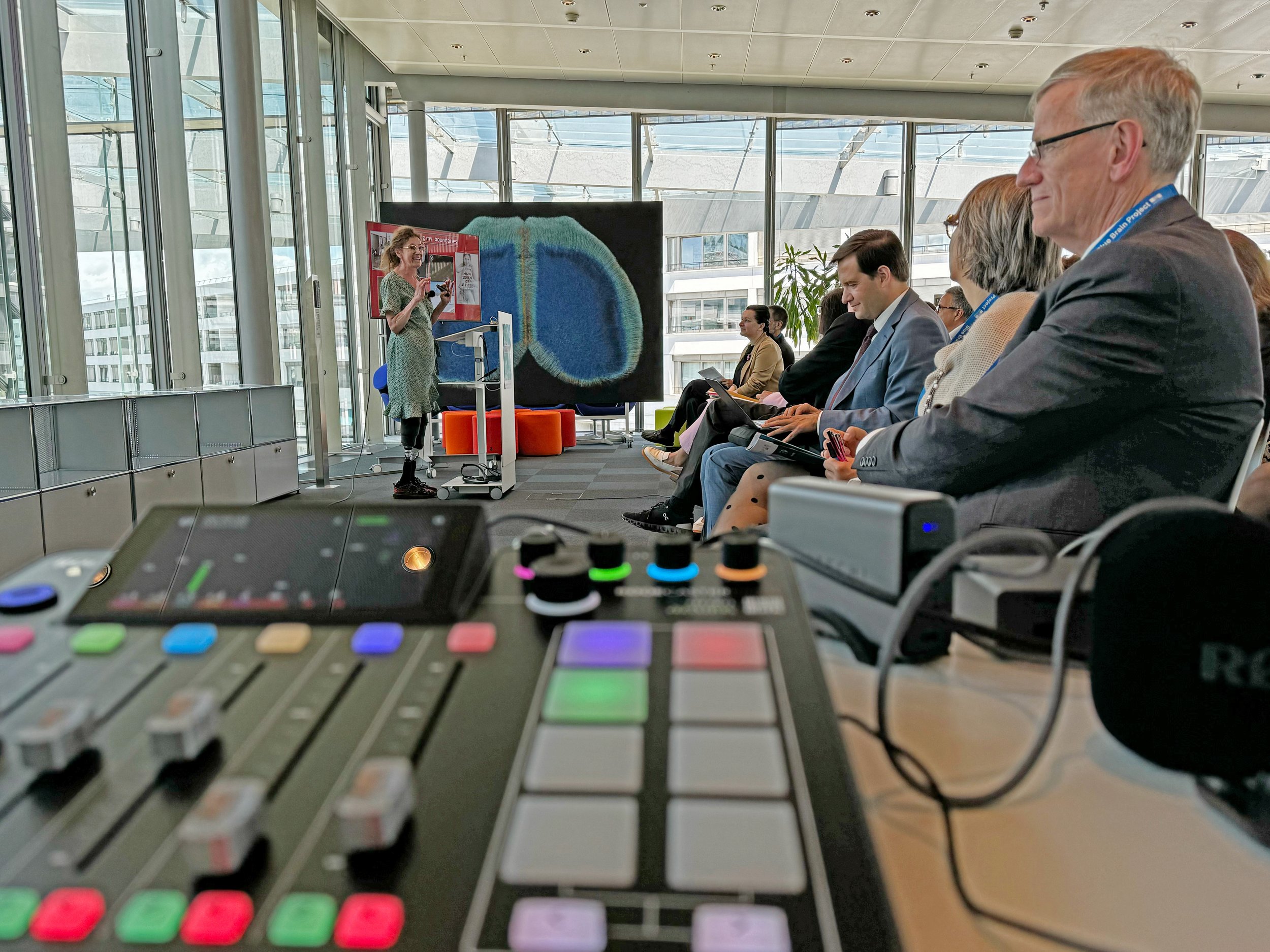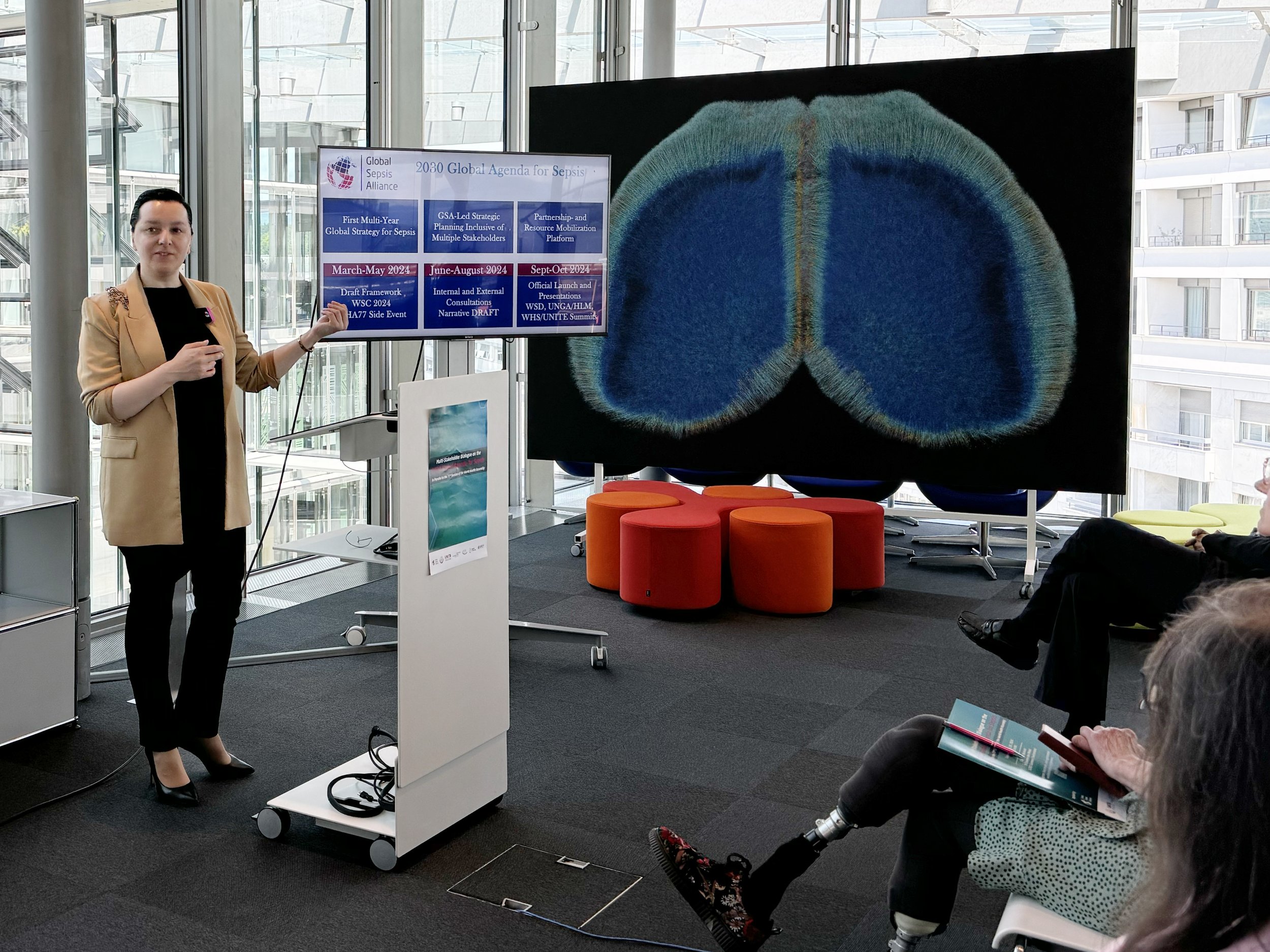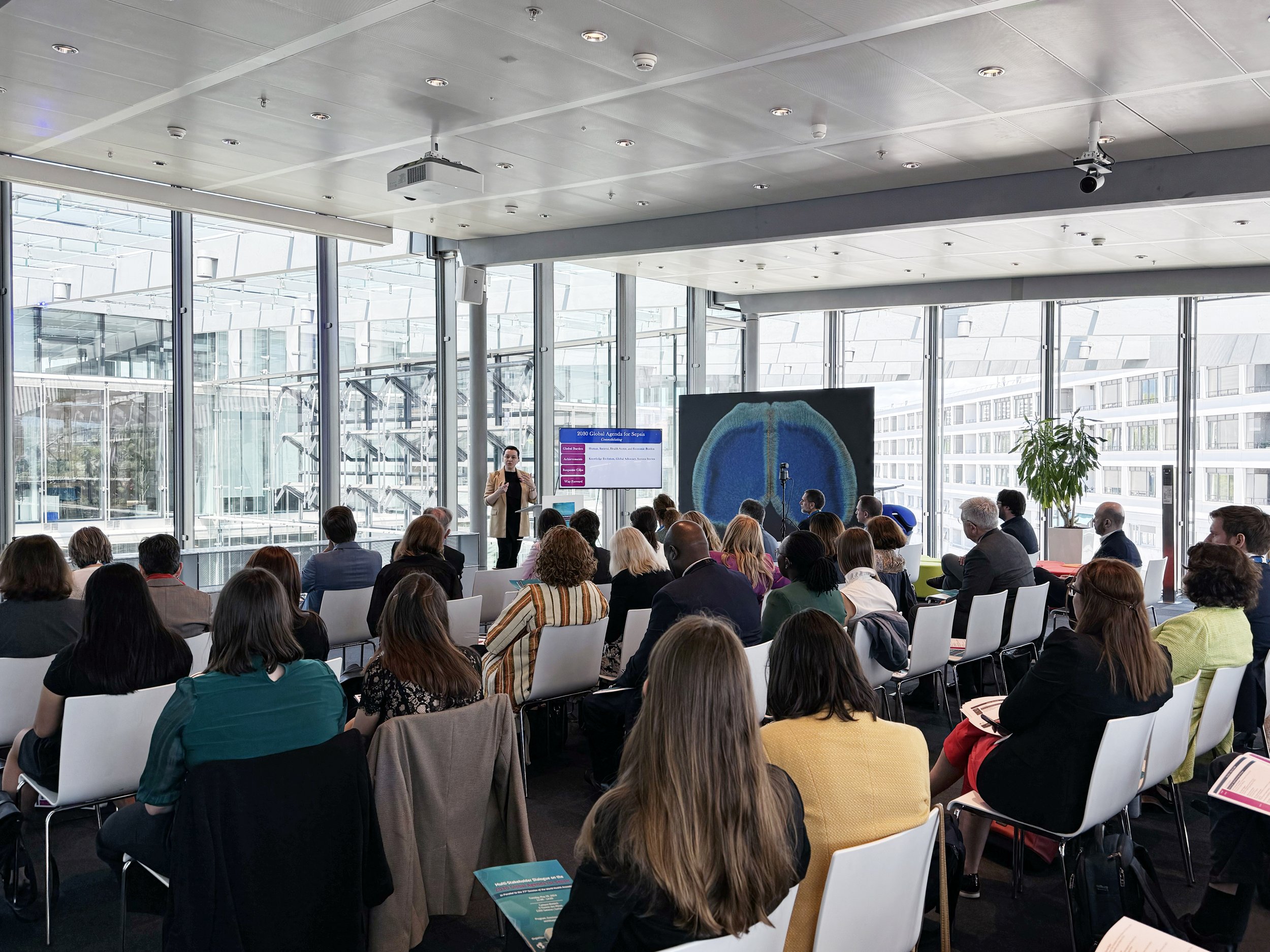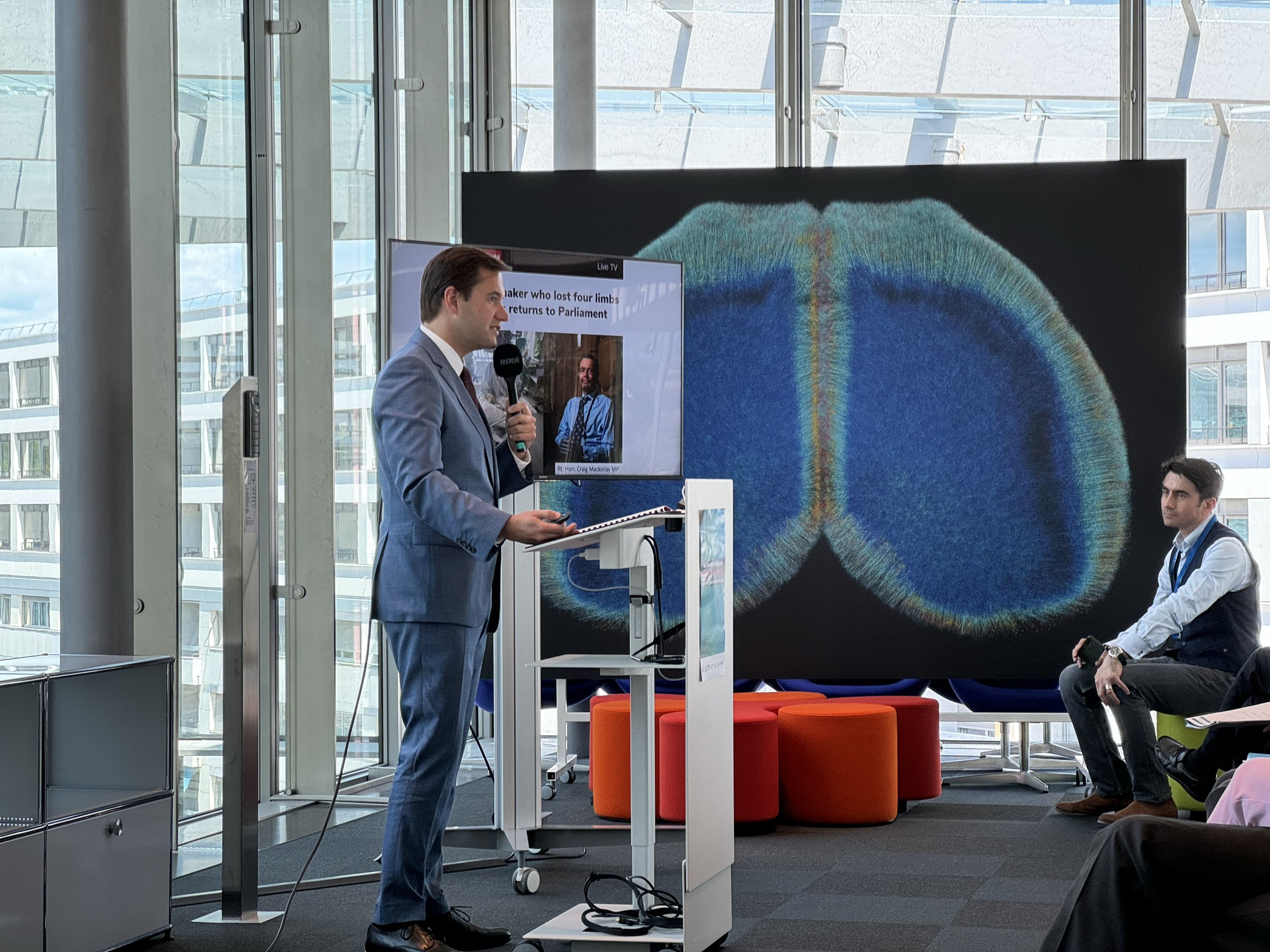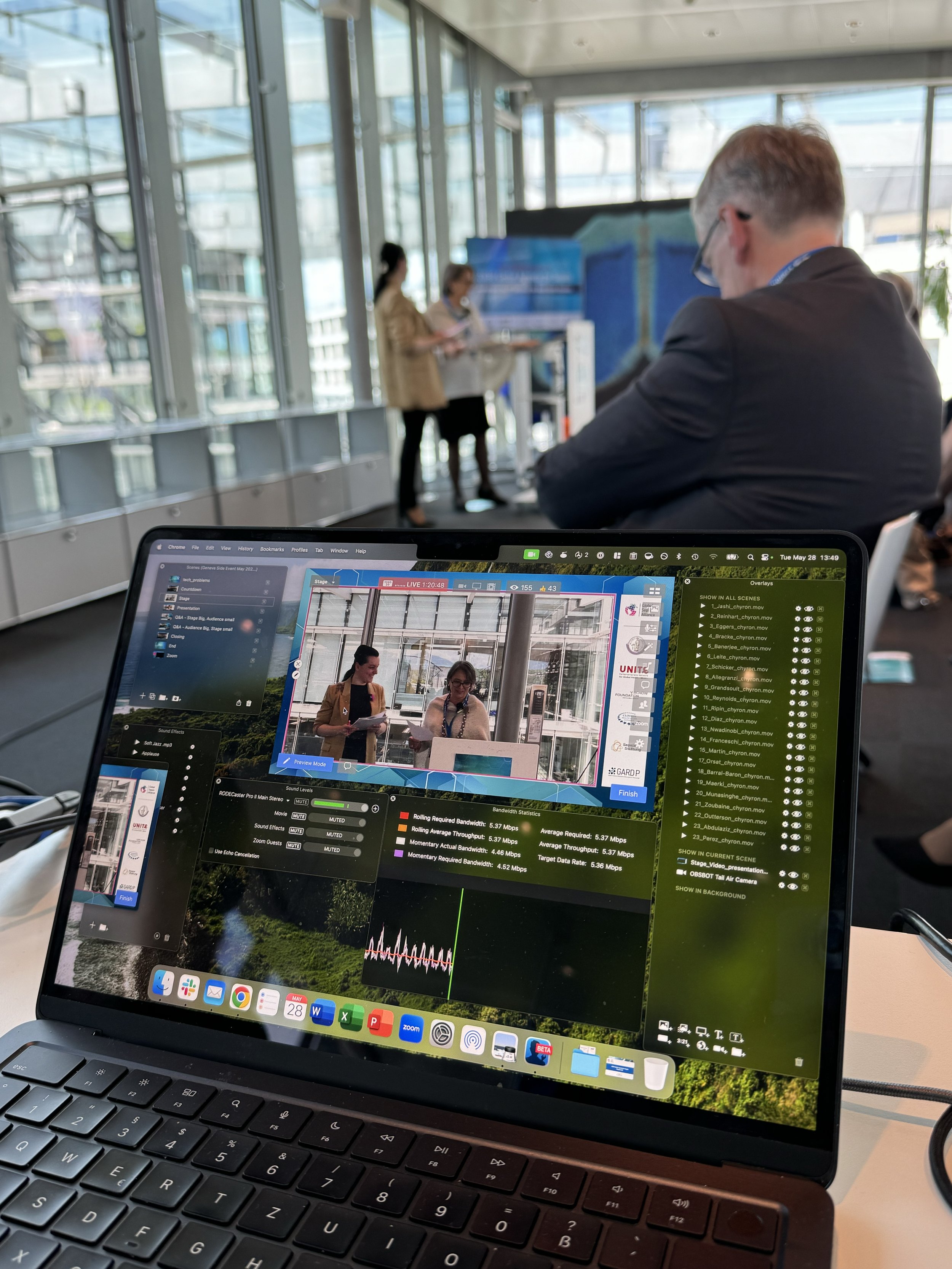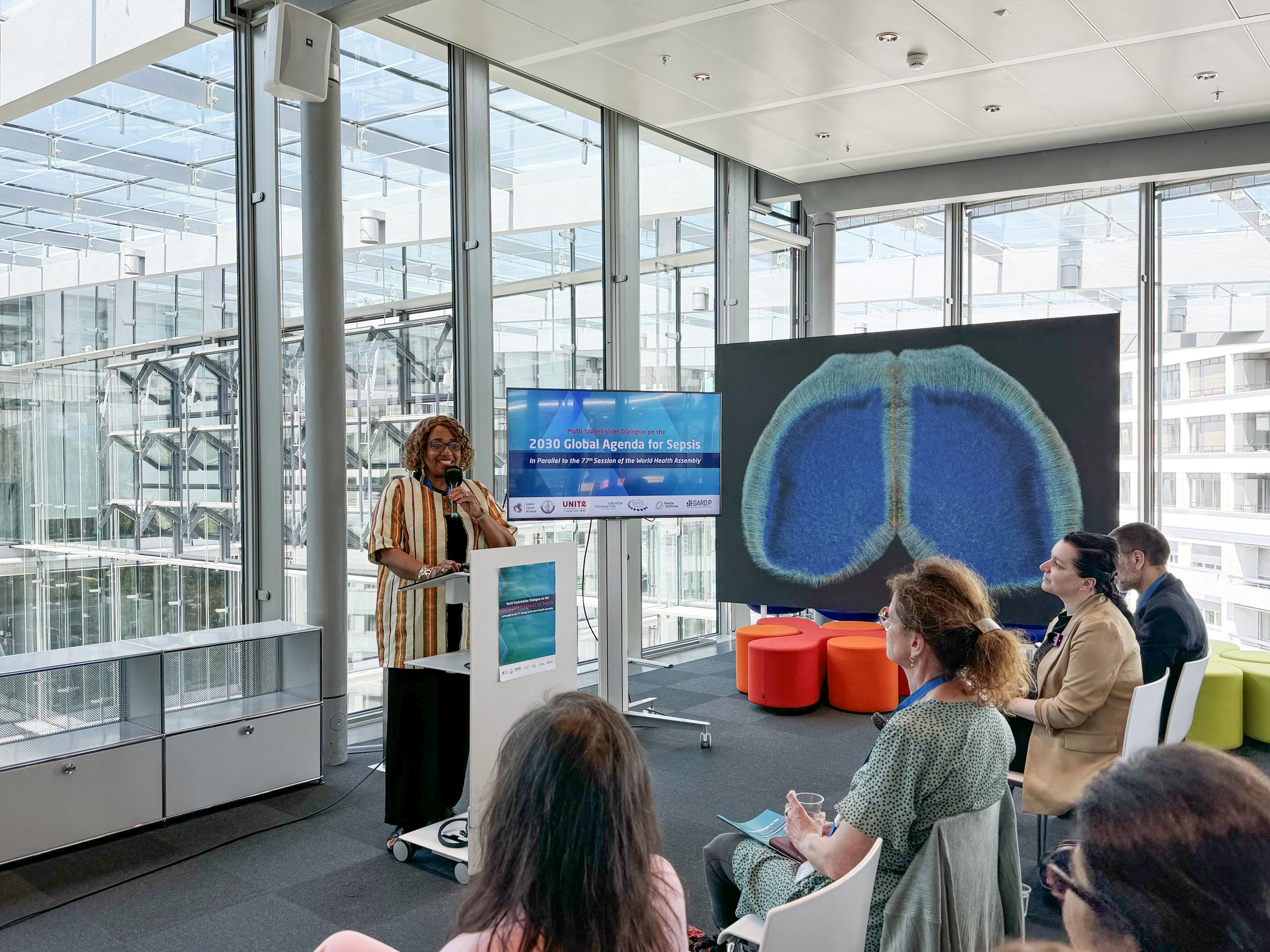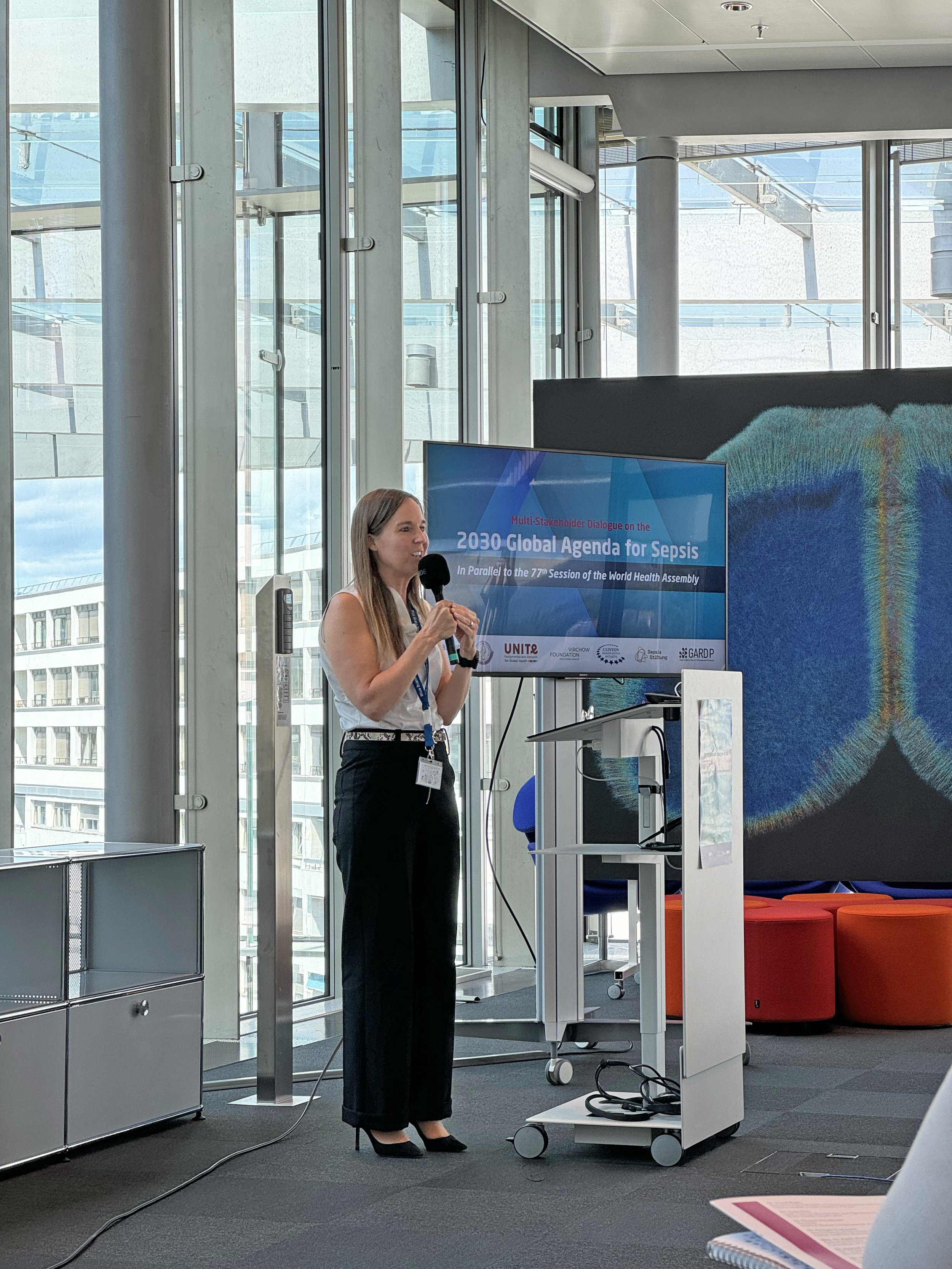My father, a retired policeman, exemplified the importance of health and fitness throughout his life, inspiring both his family and peers with his dedication to caring for his body/mind and how to lead a happy life.
Day Zero: Following a family gathering, my father and mother returned home, only for him to experience sudden vomiting and diarrhea during the night. Minimal interaction occurred between them, and upon awakening the next morning, my father appeared awake but notably drowsy and weak. Believing it to be a normal fever, my mother attempted to relieve his symptoms with fluids and paracetamol. Ensuring that he rests enough before the start of his daily routine.
Day 1: Hours later, we roused him, finding his motor skills intact but his sensorium altered. Initially attributing this to weakness from diarrhea, we offered him fluids while I checked his vitals for the first time, noting a fever of 101°F and a heart rate of around 100 beats per minute. It wasn't until the evening, around 17:30, when we took him to a nearby clinic, that we discovered his pulse was unrecordable, necessitating immediate intensive care attention. By 18:30, he was admitted to the ER with hypotension (90/60), tachycardia (heart rate 140), and an irritable, altered sensorium, prompting suspicion of sepsis or encephalitis. He was swiftly transferred to intensive care and administered broader intravenous antibiotics followed by necessary investigations on blood, urine, and cerebra spinal fluid.
Day 2: Despite receiving comprehensive treatment in the ICU, his condition and vitals did not improve. Subsequent investigation revealed leptospirosis as the underlying infection and focussed higher antibiotics were administered. Due to the higher creatinine levels, the doctors recommended kidney support by dialysis. With blood pressure still abnormal and the major deteriorating organ being the kidney, the doctors started slow dialysis.
Day 3: Daily briefings from the doctors never conveyed positive news. They emphasized that the critical hours preceding his ER admission on Day 1 had led to irreversible deterioration and no sign of improvements in his vitals, resulting in multiple organ dysfunction. A harsh truth my mother and I, who had been with him throughout, must now come to terms with.
Day 4: With no signs of improvement, he required ventilator support. However, later that day, he developed bradycardia (slower heart rate), followed by CPR, and was ultimately pronounced dead. The cause of death was determined to be sepsis with multiple organ dysfunction.
Reflecting on his passing and after conversations with several medical experts, I believe that the hospital staff appropriately identified and treated sepsis. On the other side, if I had been aware of the symptoms of sepsis or recognized the significance of altered sensorium, we might have sought medical attention earlier. While the outcome might have remained unknown, I cannot help but recall an article I read after his passing - “the risk of death from sepsis increases by as much as 8% for every hour of delayed treatment.”
It has been a year since his passing, and I find myself reflecting on his goodness, striving to find meaning in his journey. The persistent question of why he, a person who diligently cared for his body, had to face such an abrupt departure, weighs heavily on all of us each day. While I lack medical expertise and recognize the limitations of modern medicine, it's crucial for us all to comprehend emergency situations and respond swiftly. This is the primary purpose of sharing our story. I do so in loving memory of Vasanth Kumar Gelli, a devoted son, husband, father, and friend. You are missed Nangar.
– Phani Gelli (Son)






















